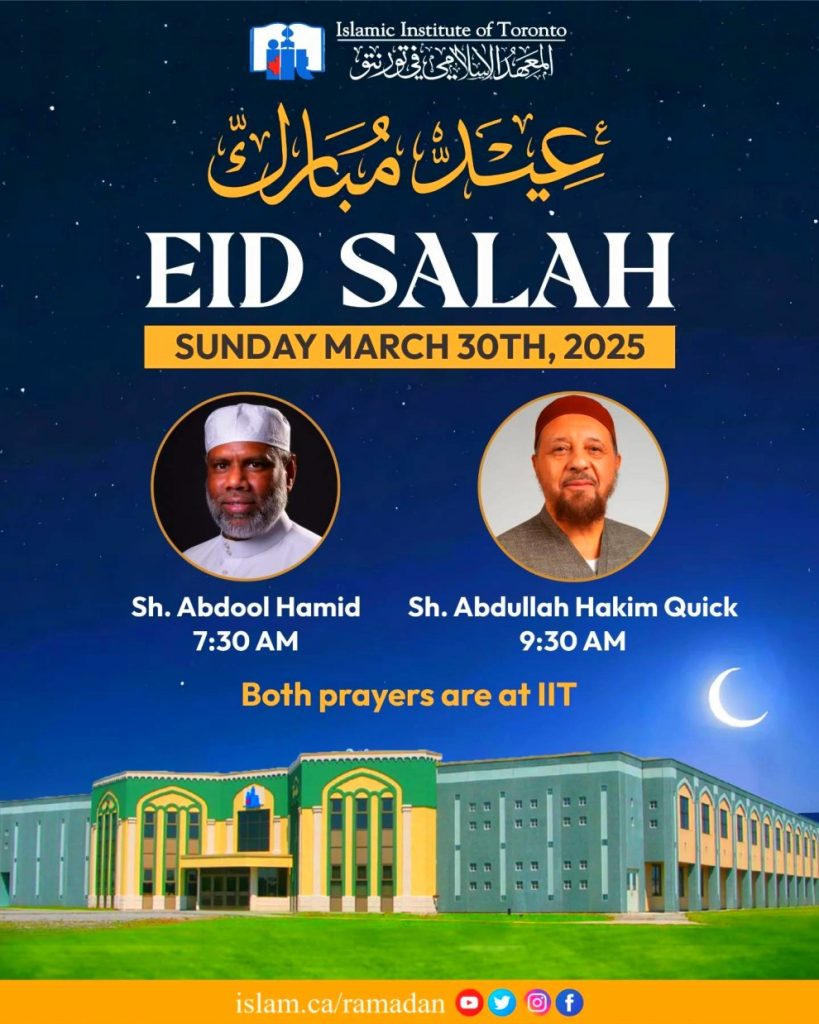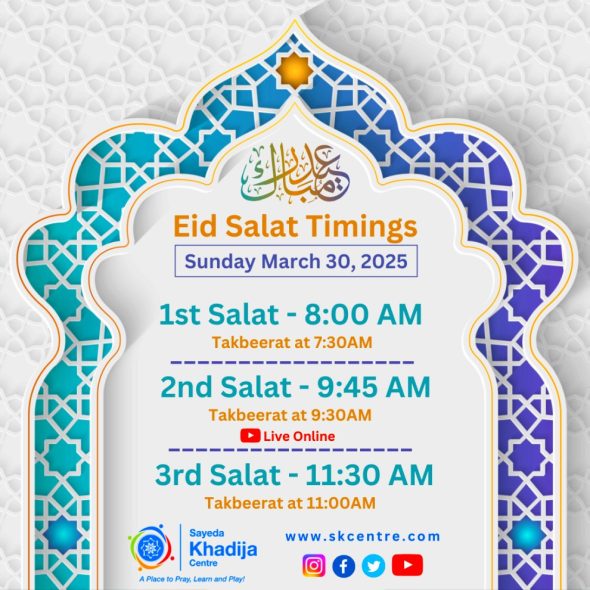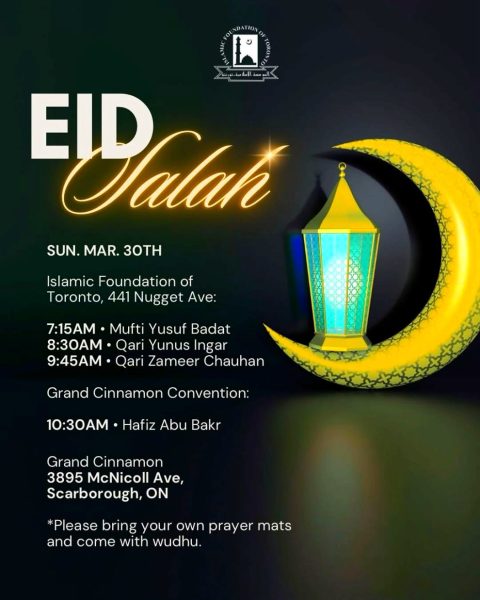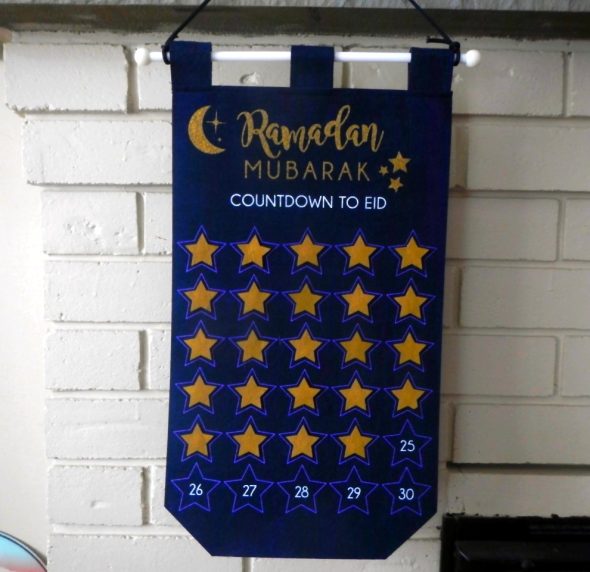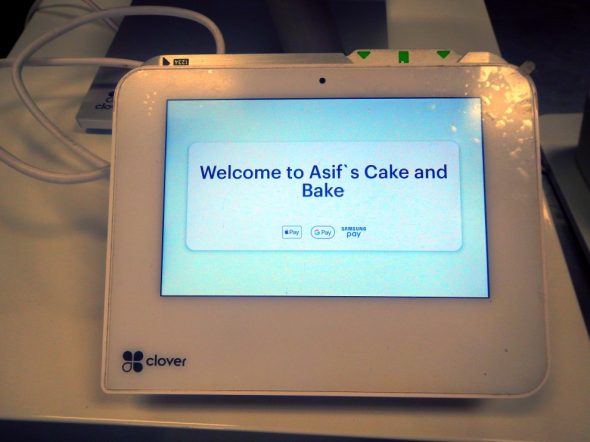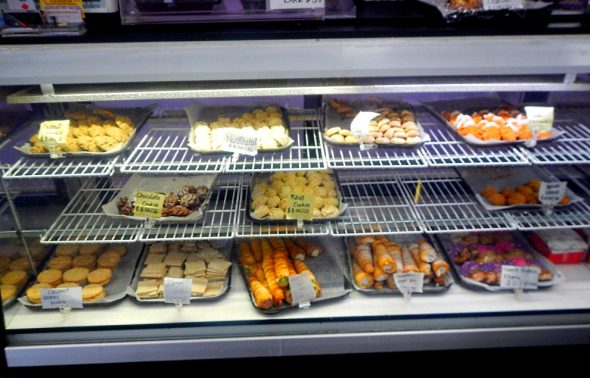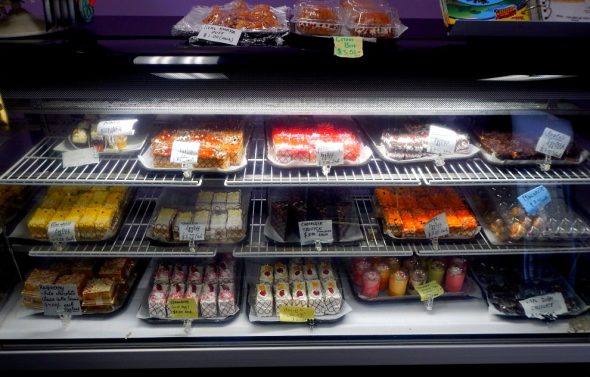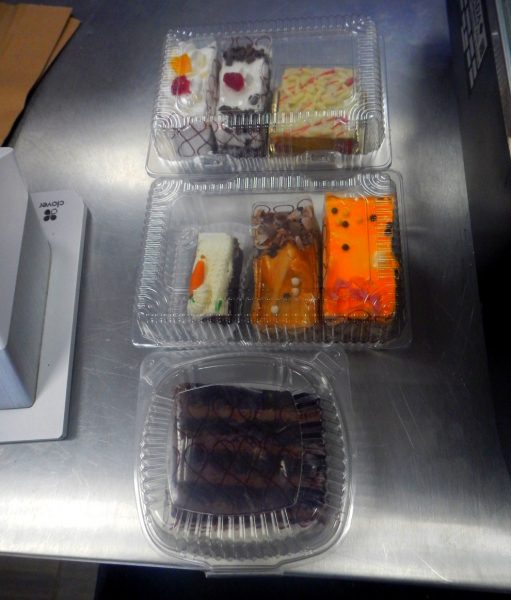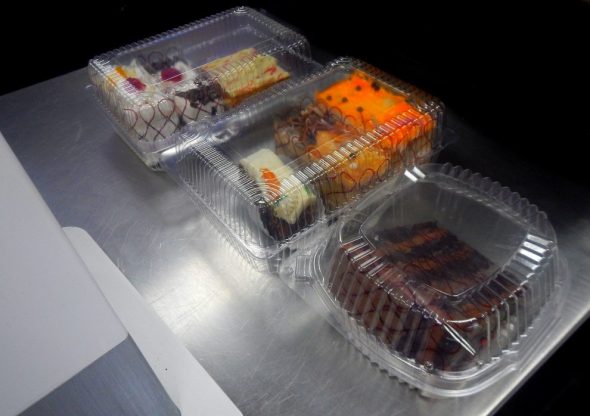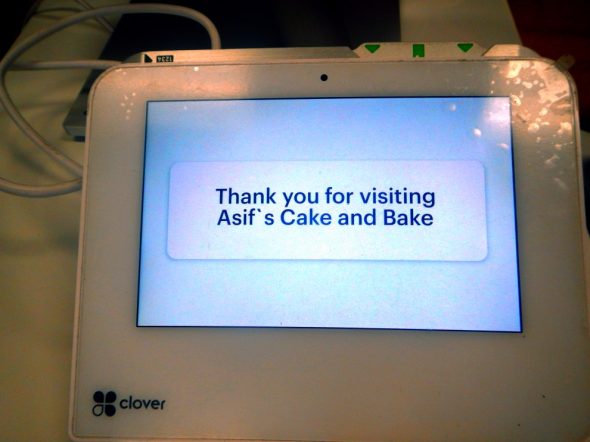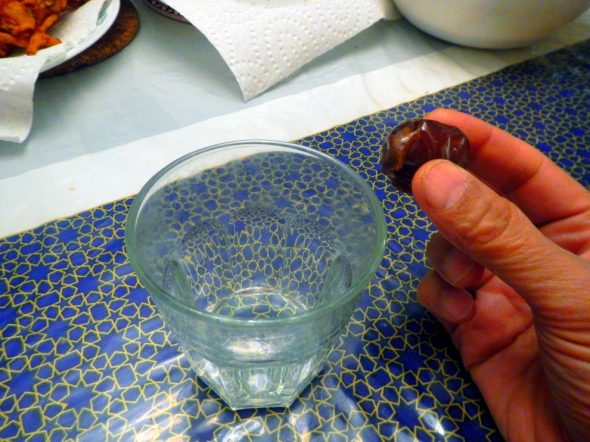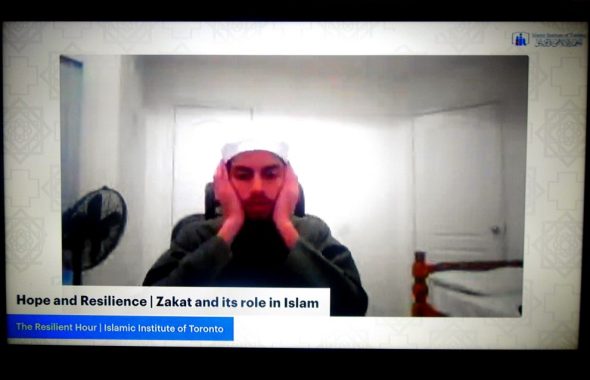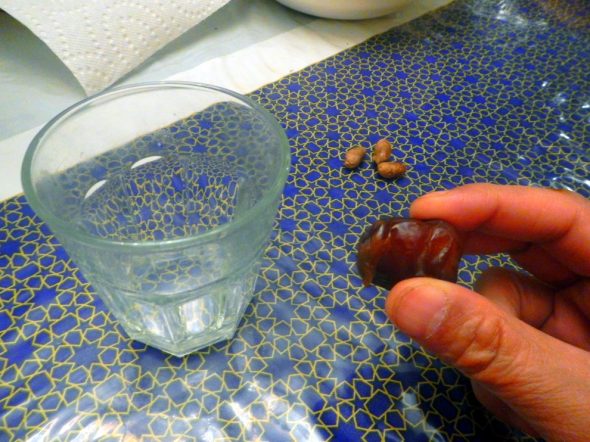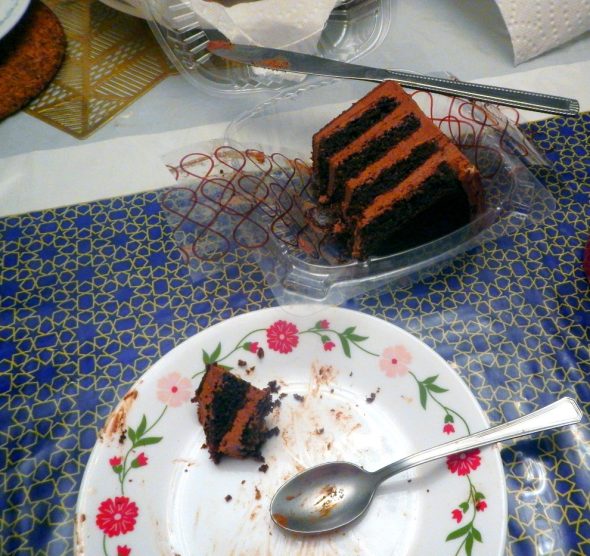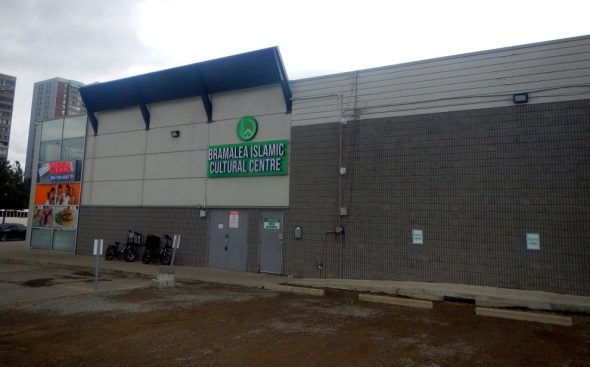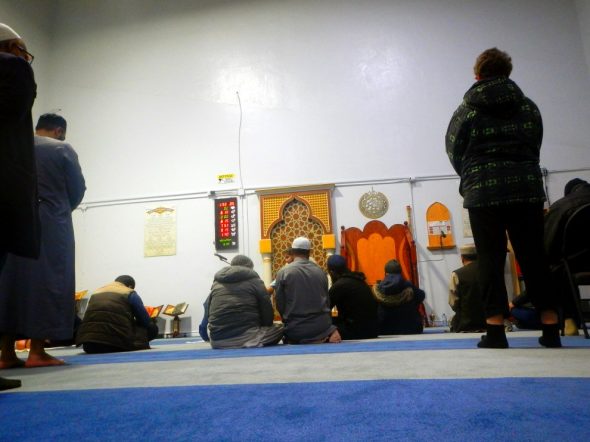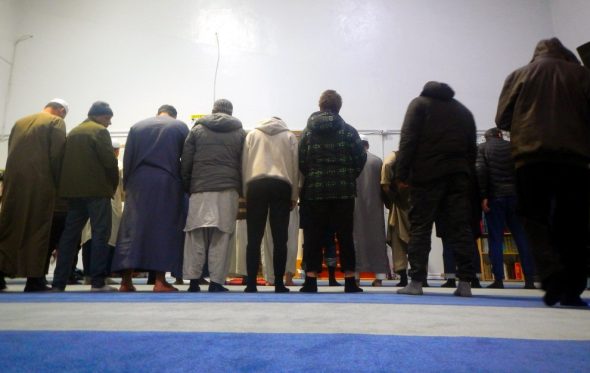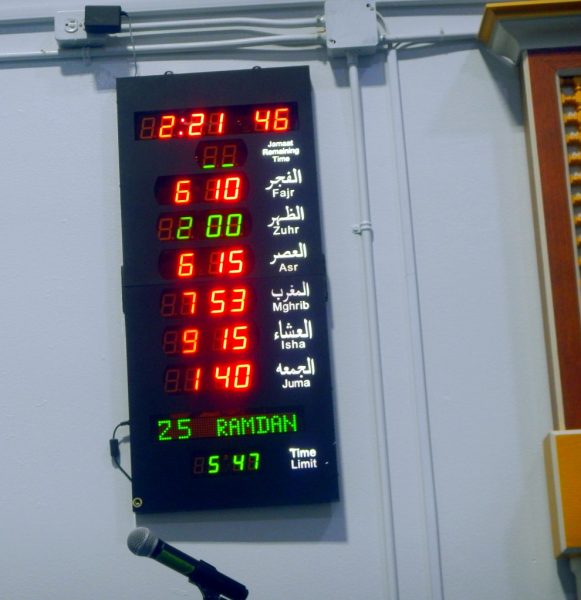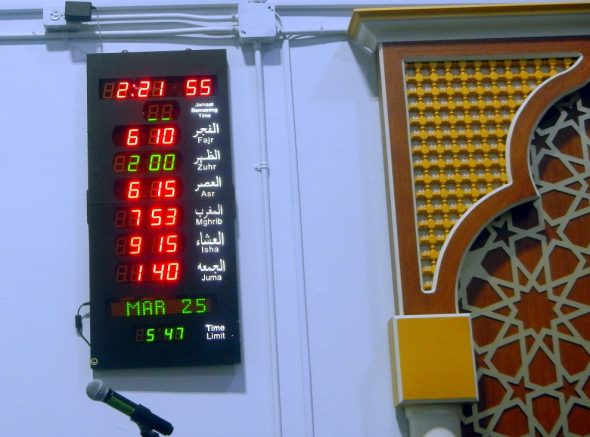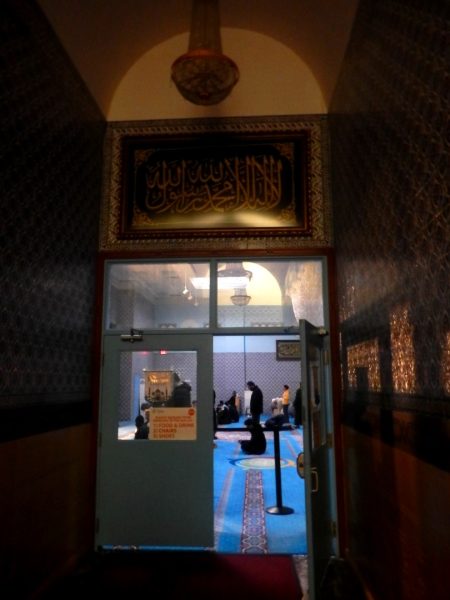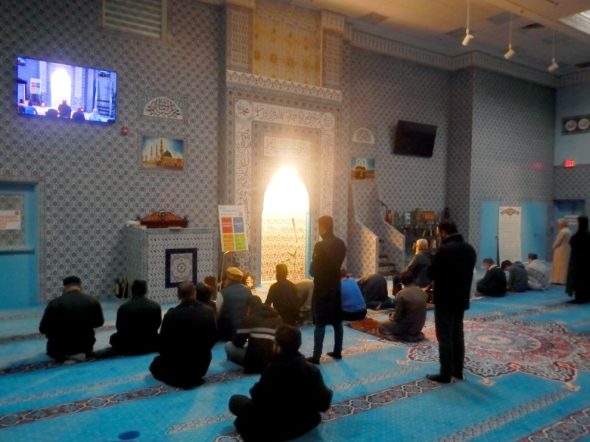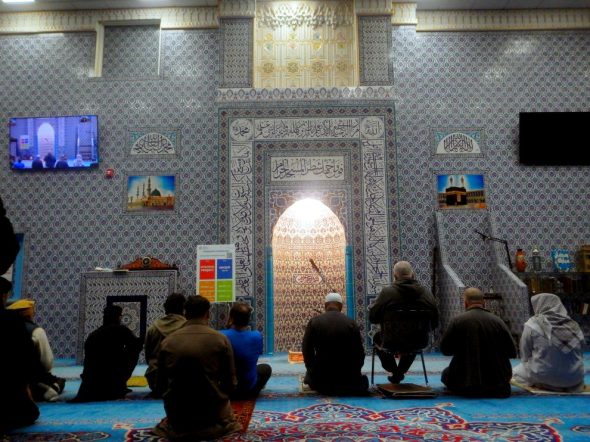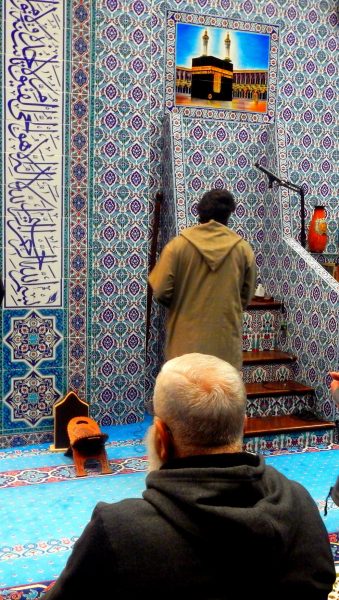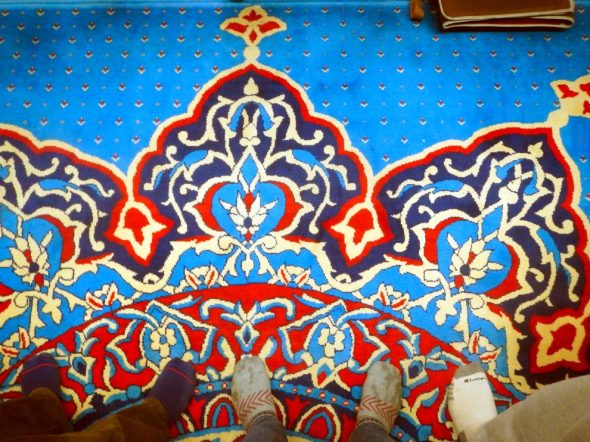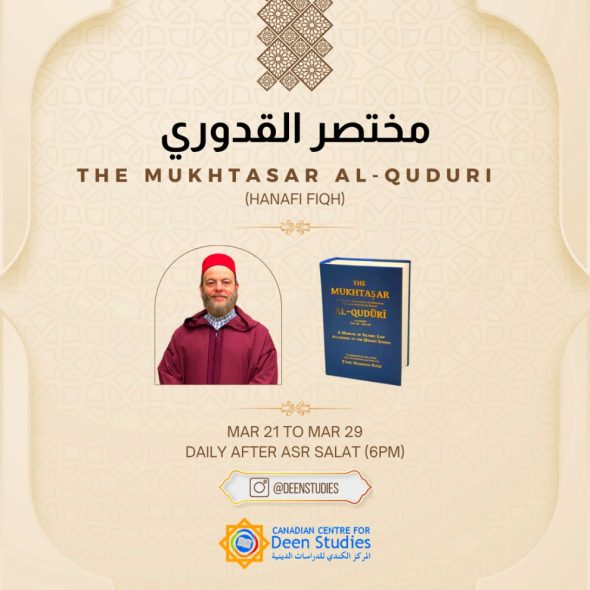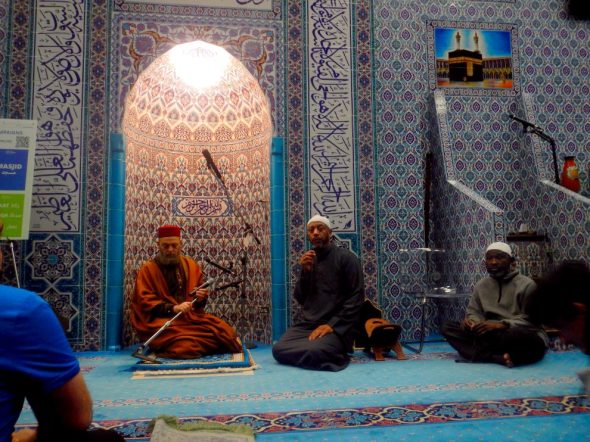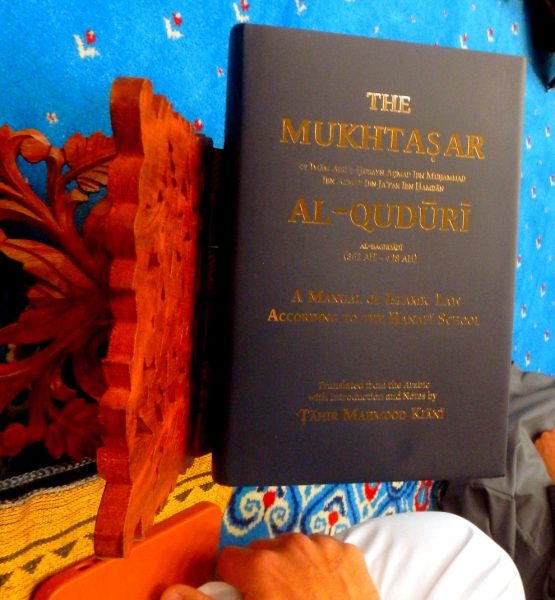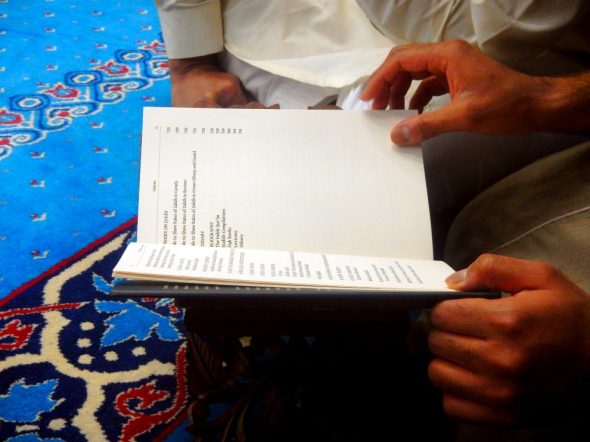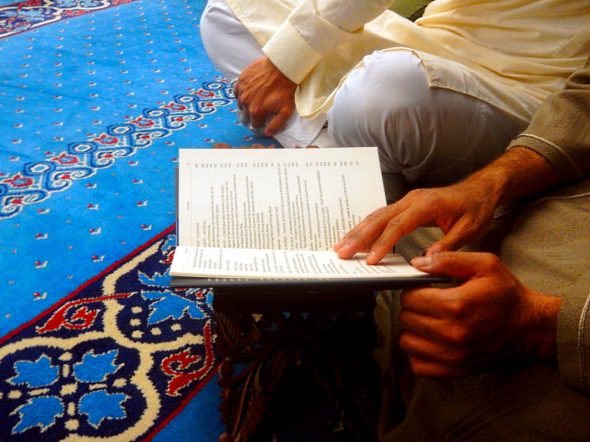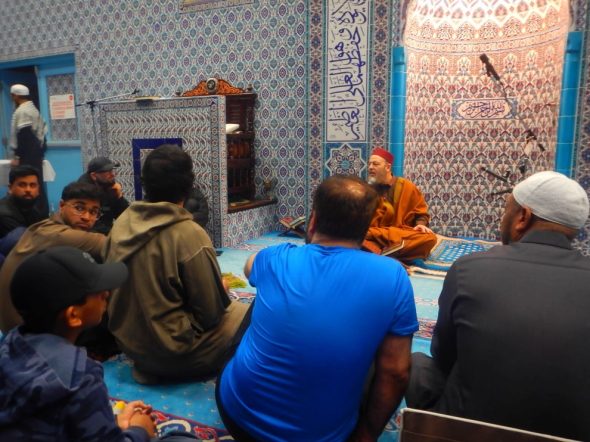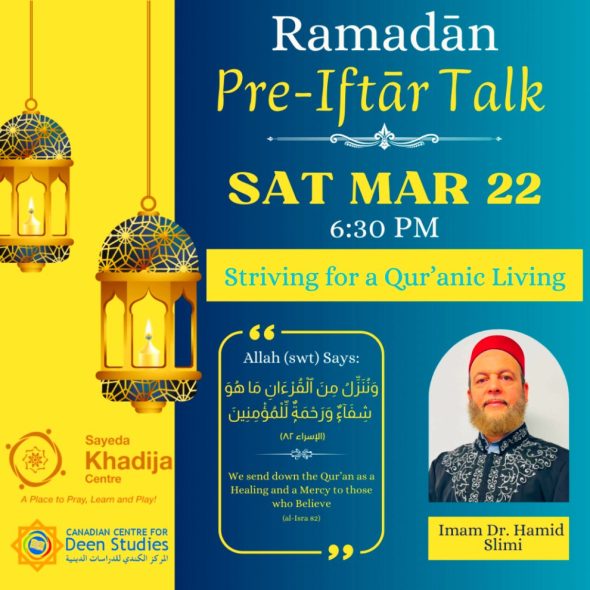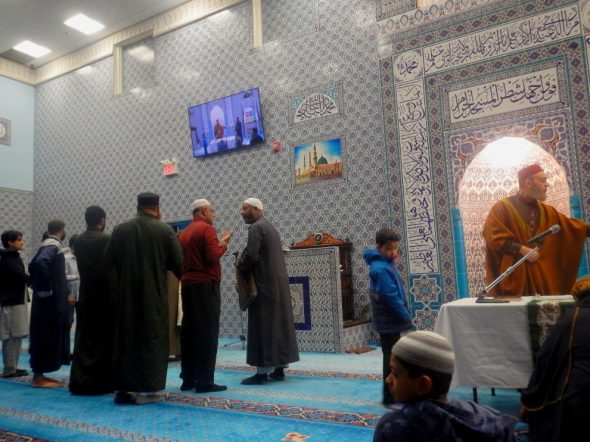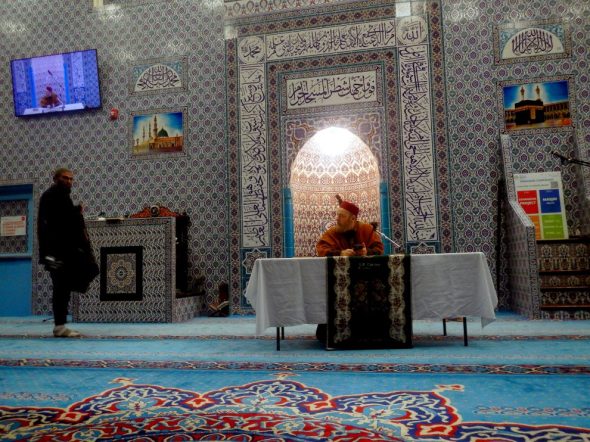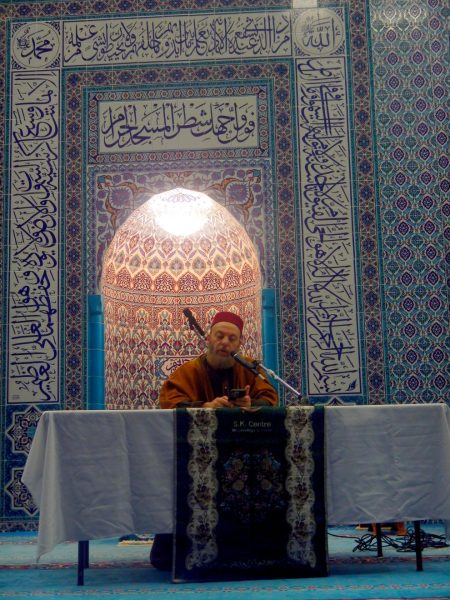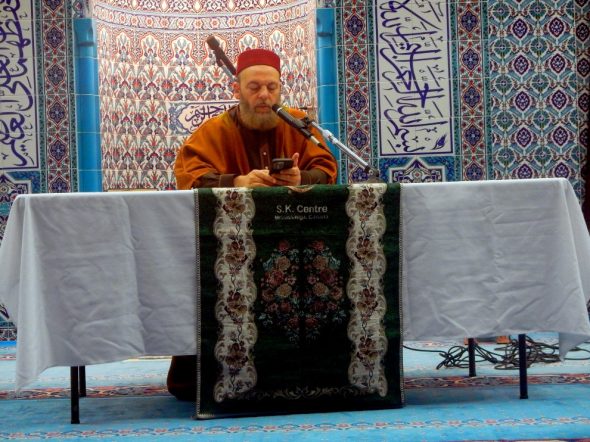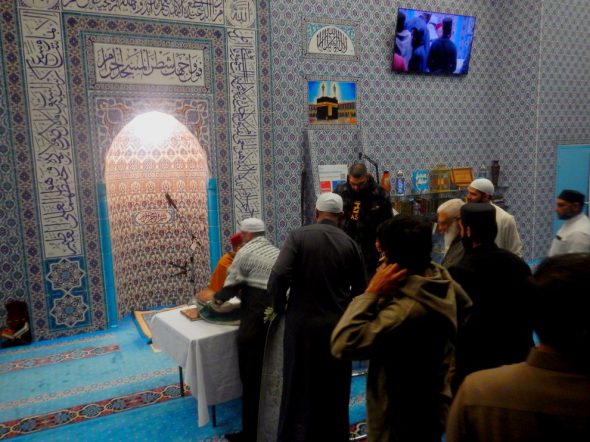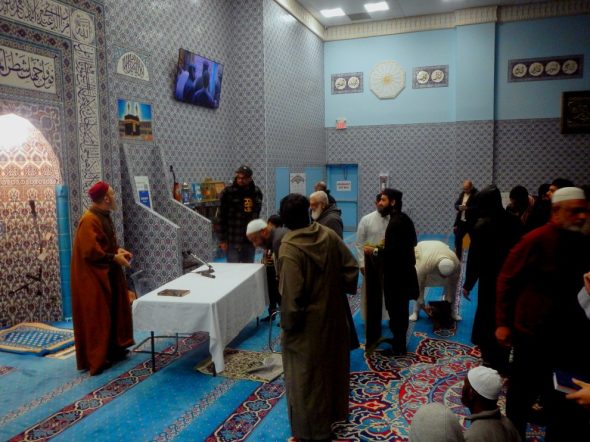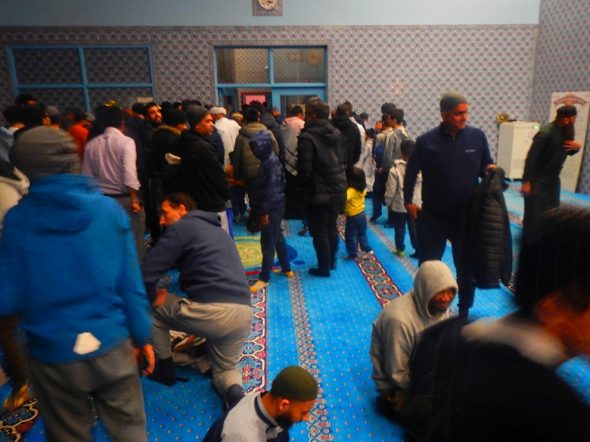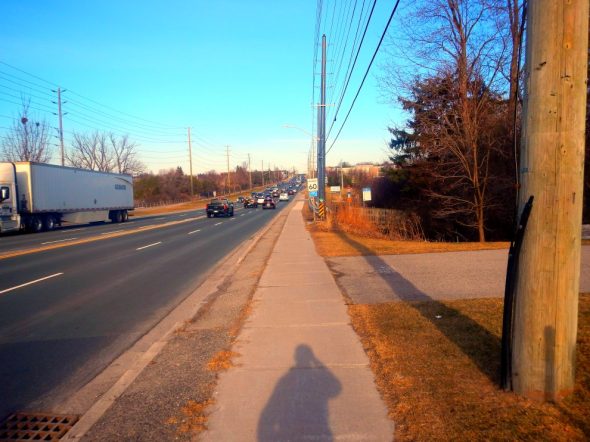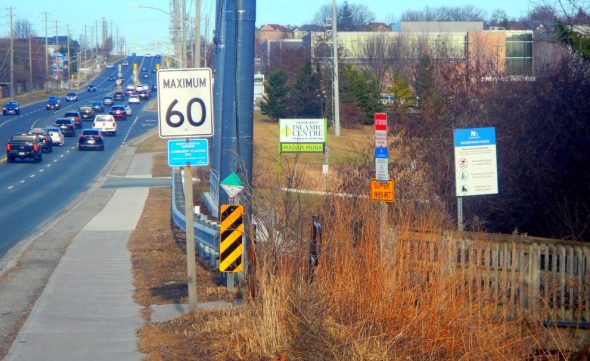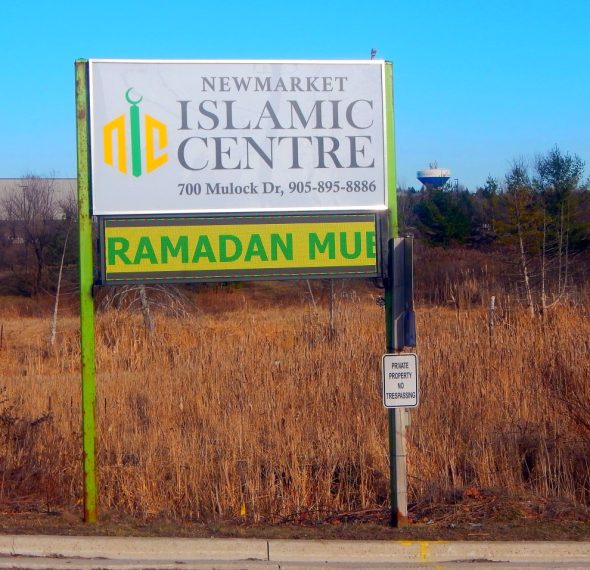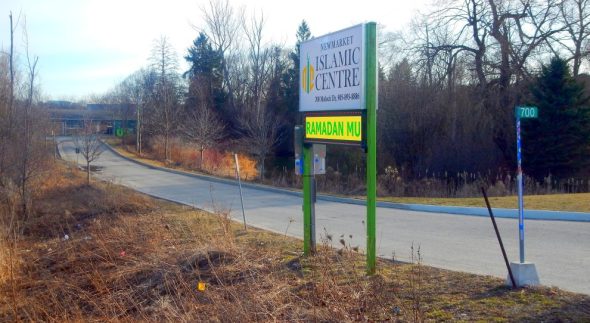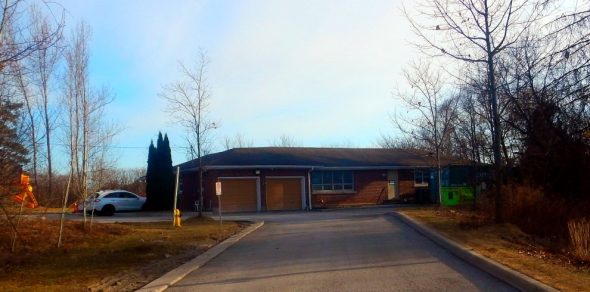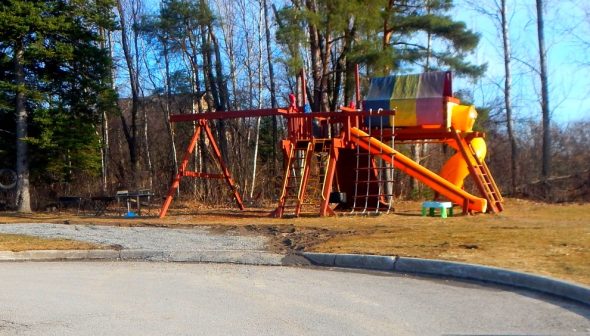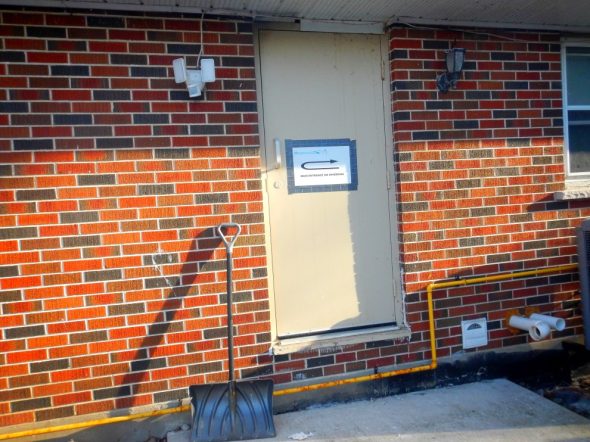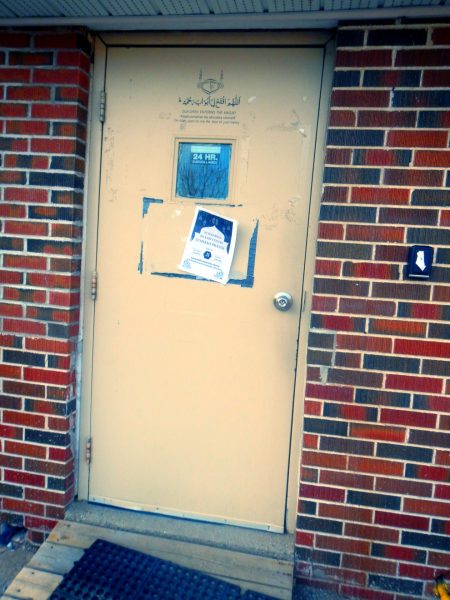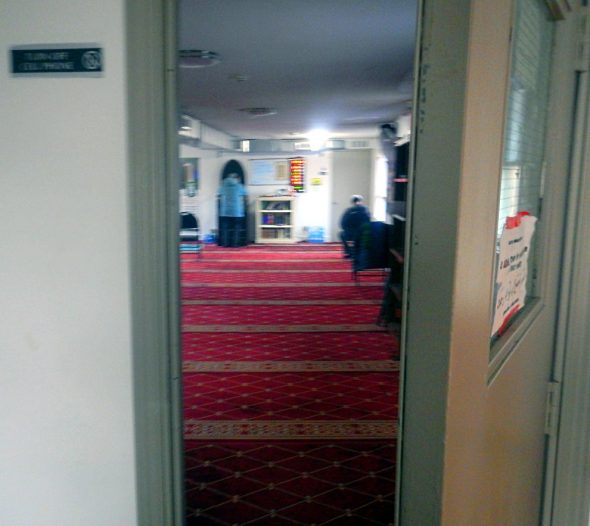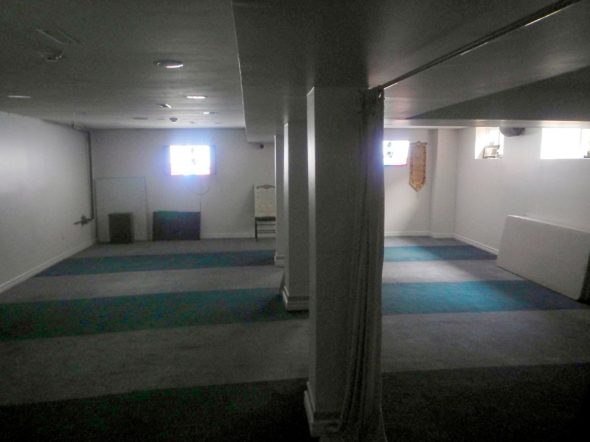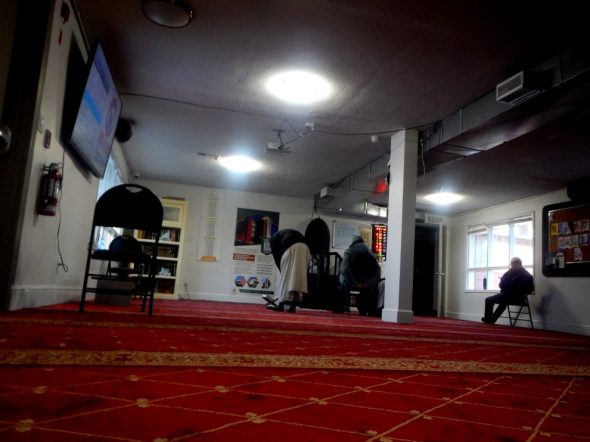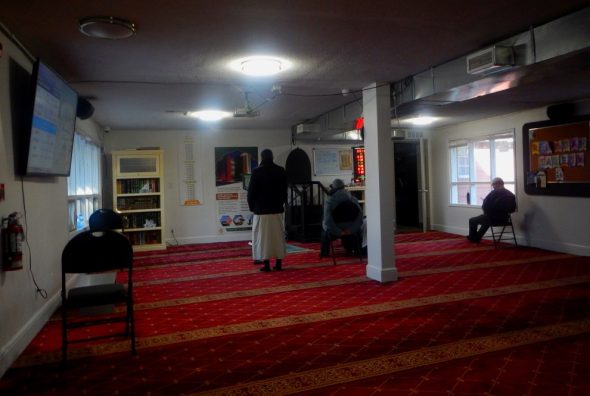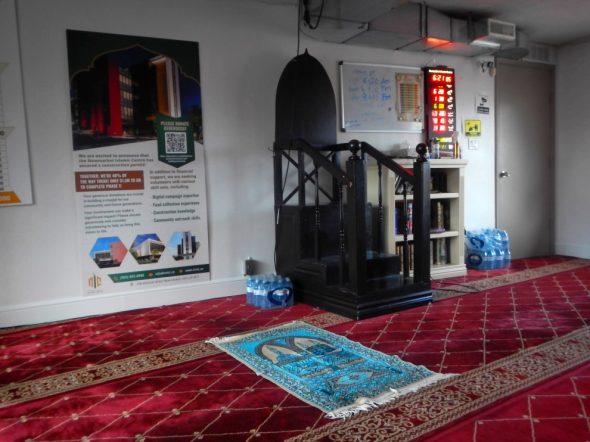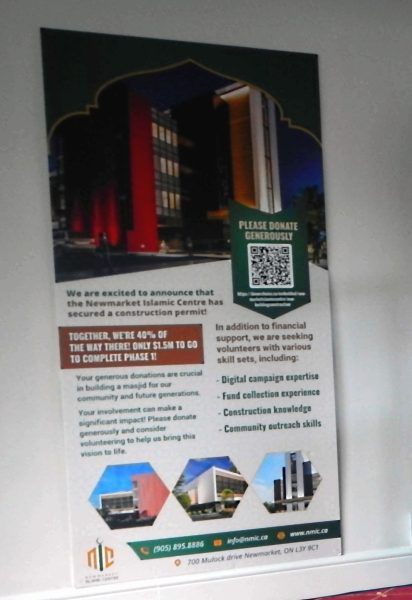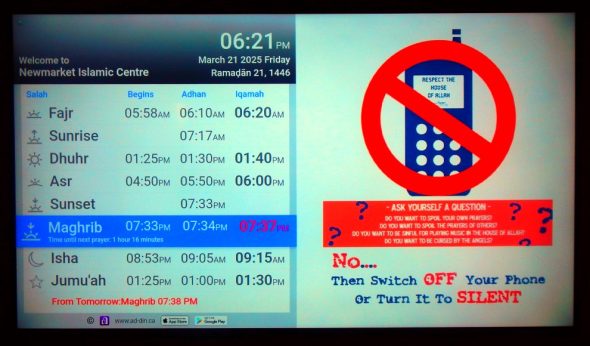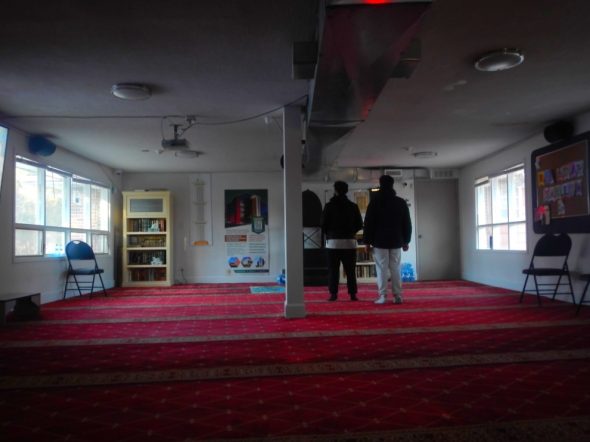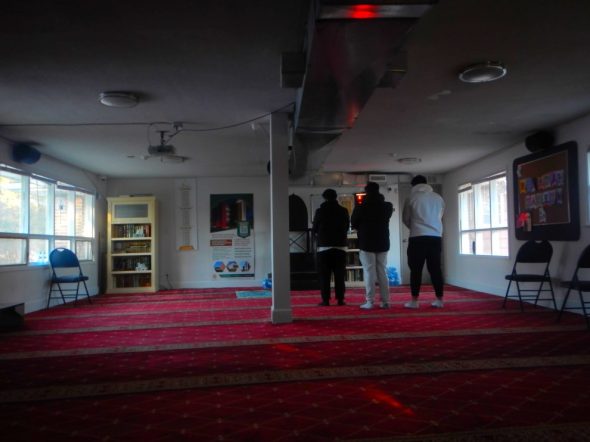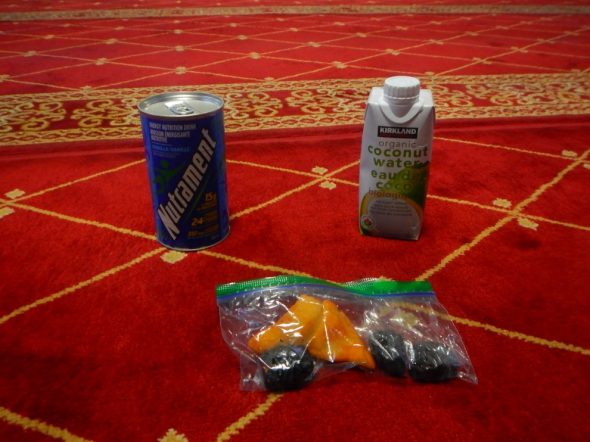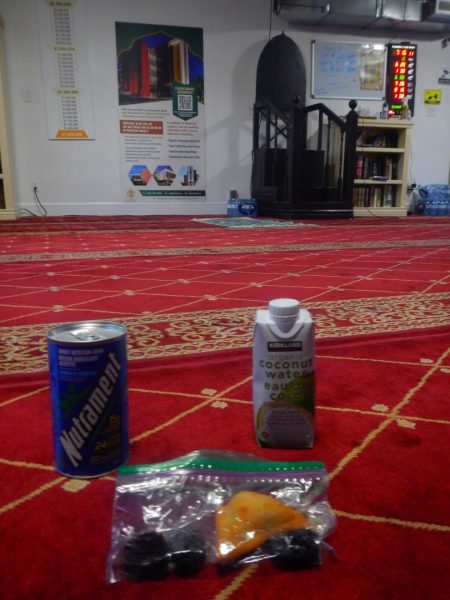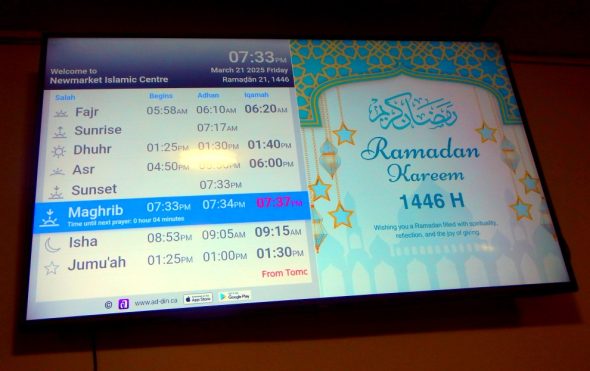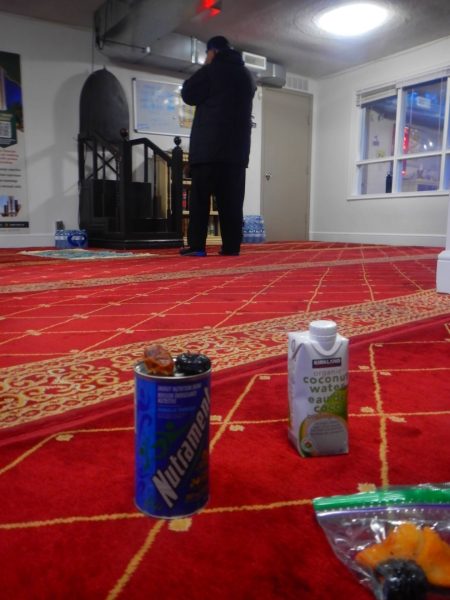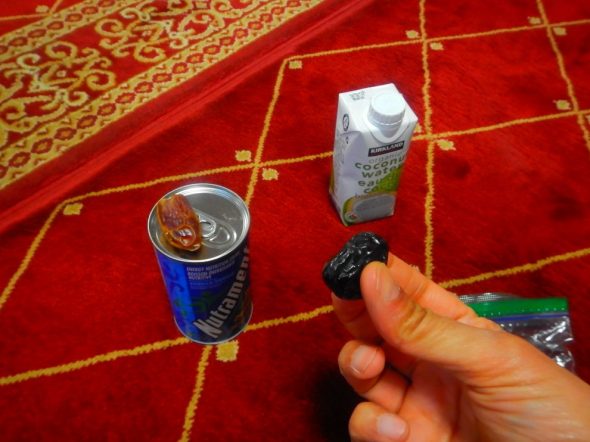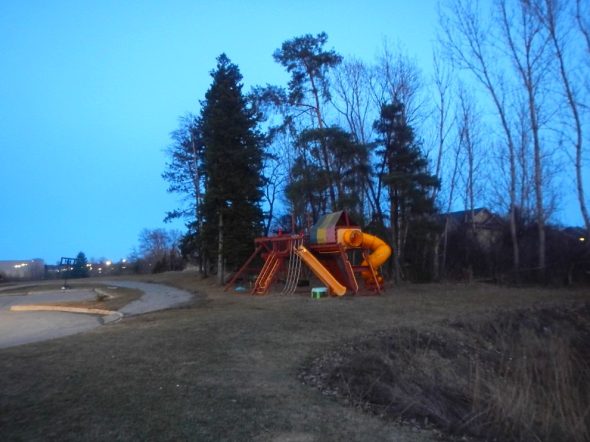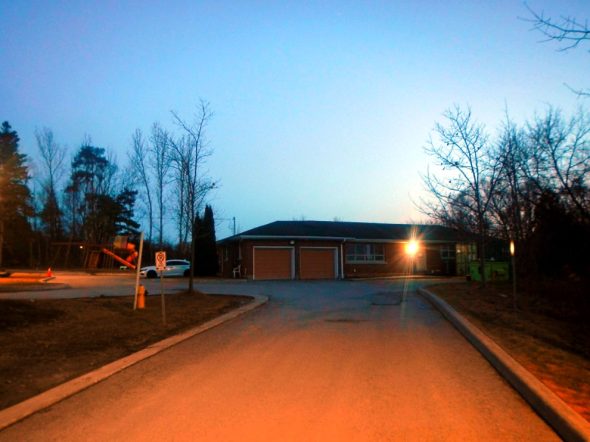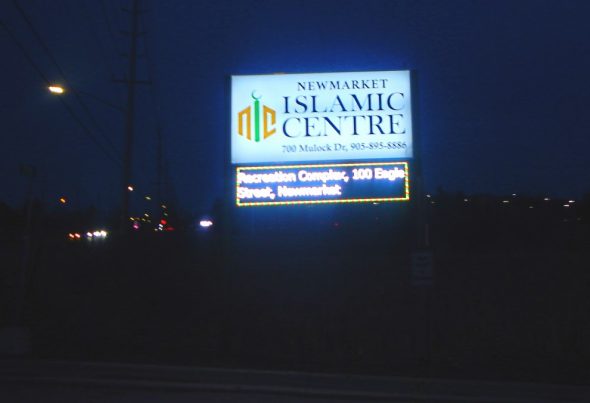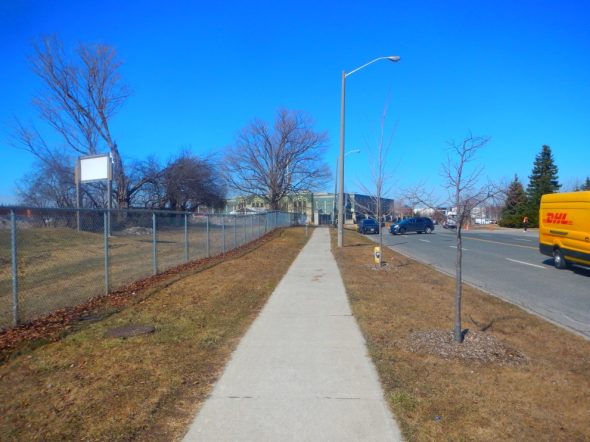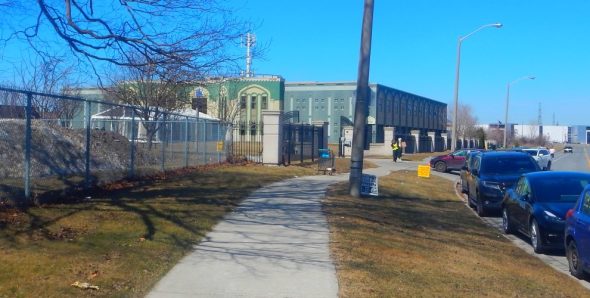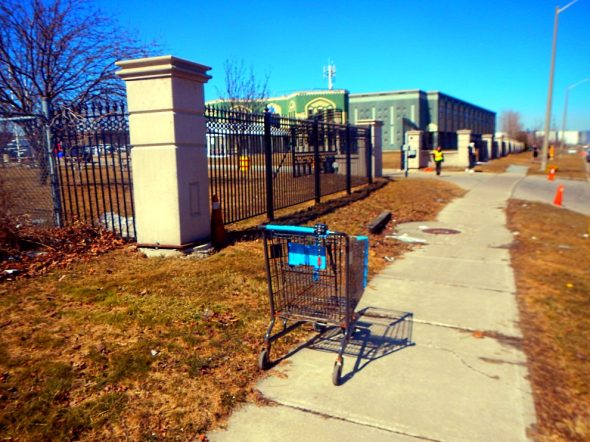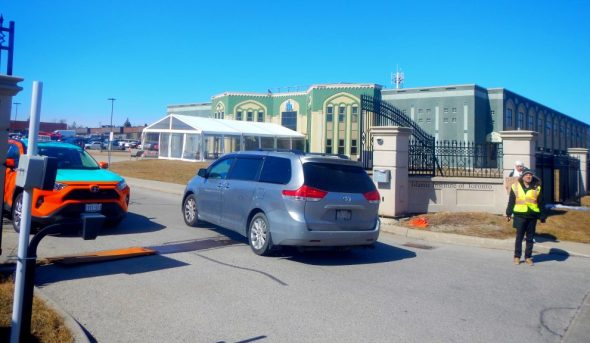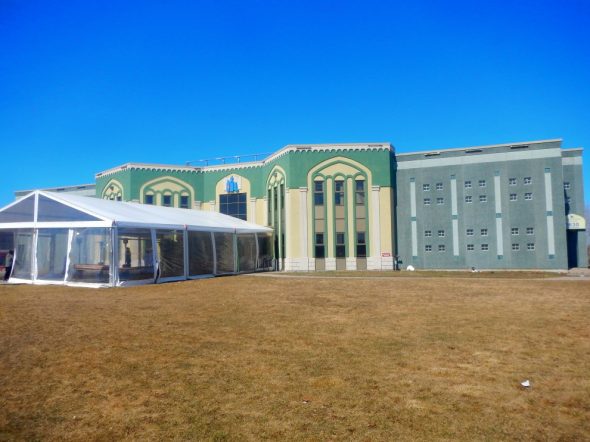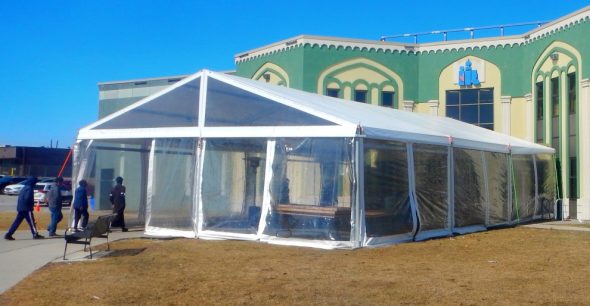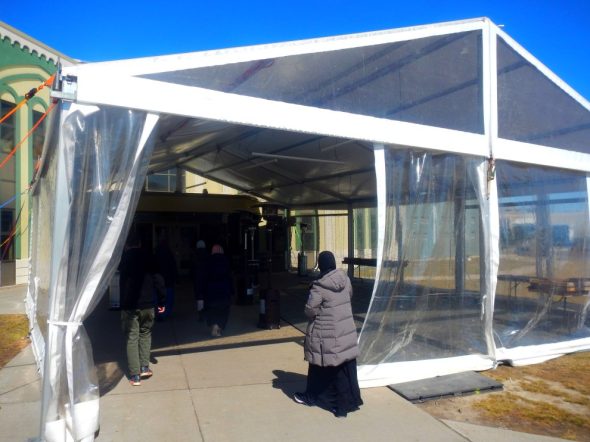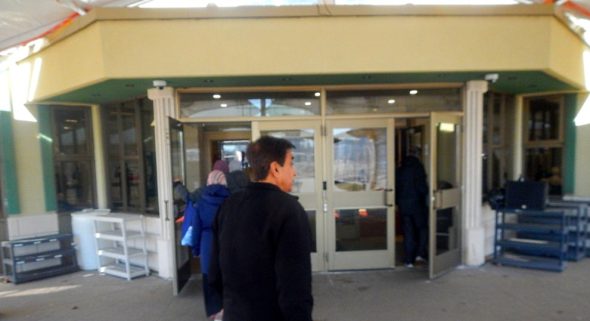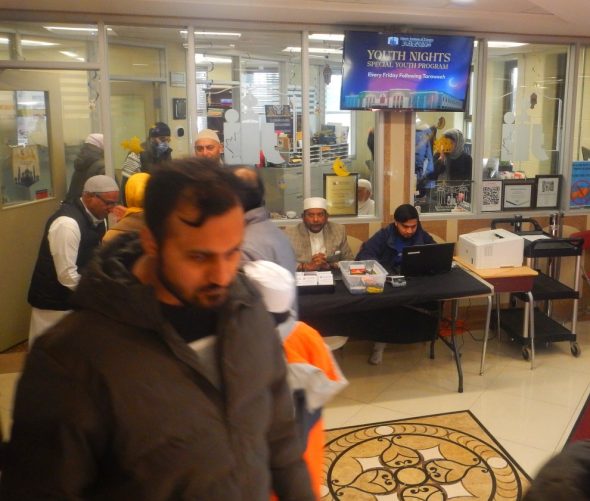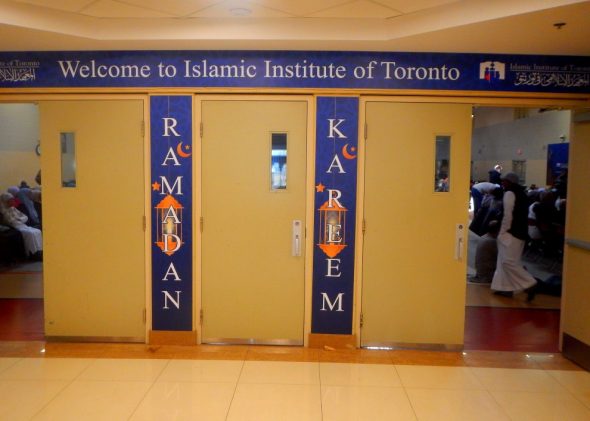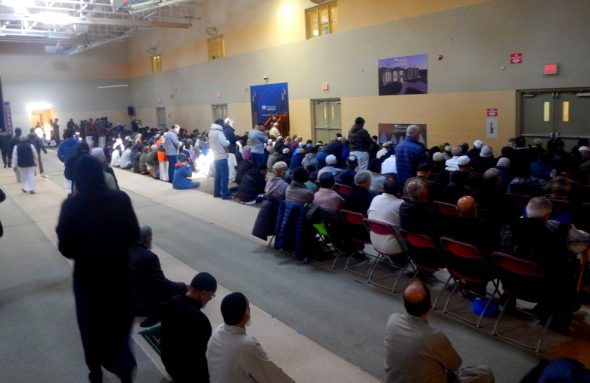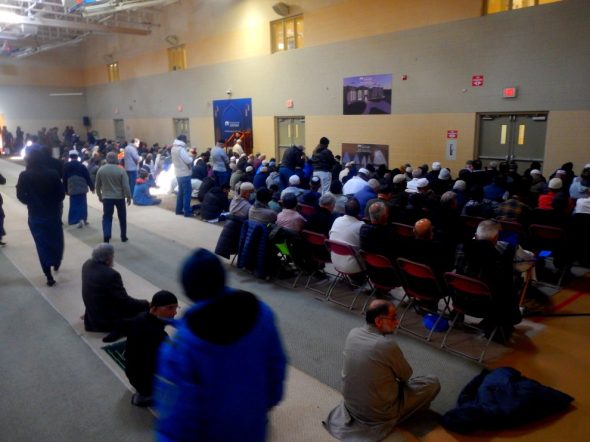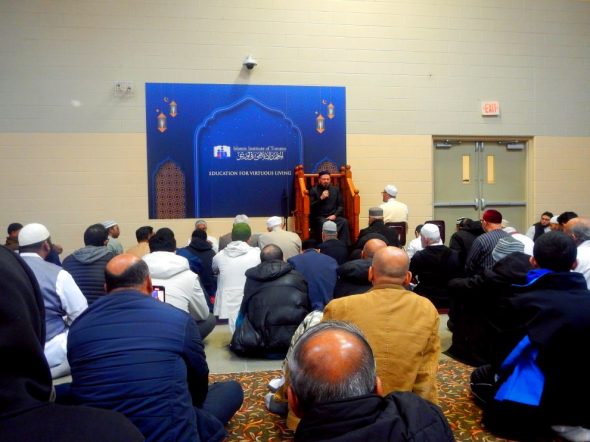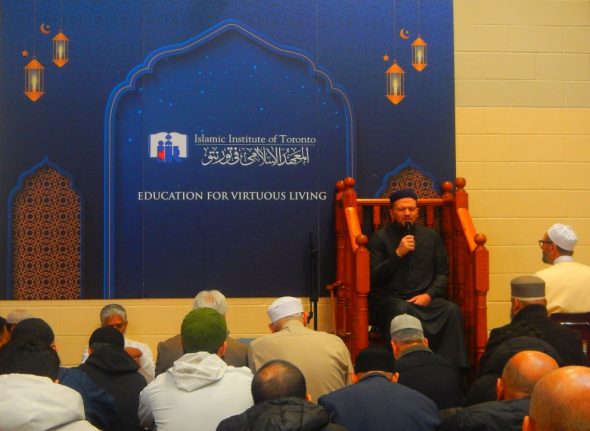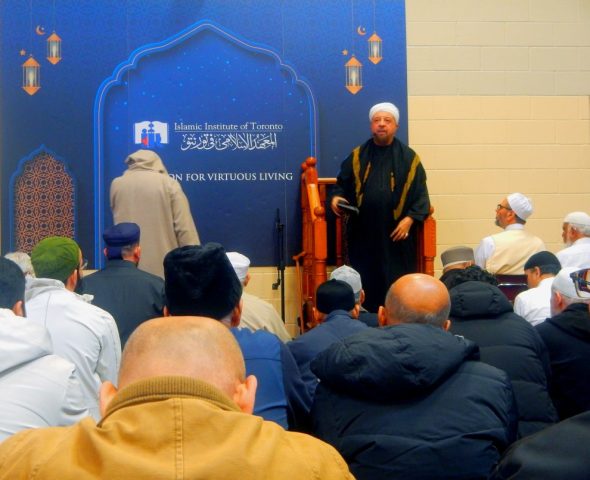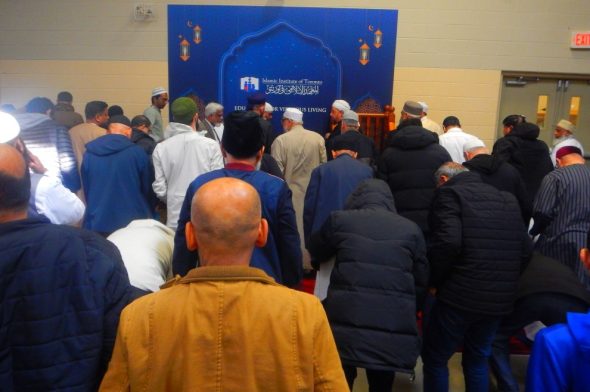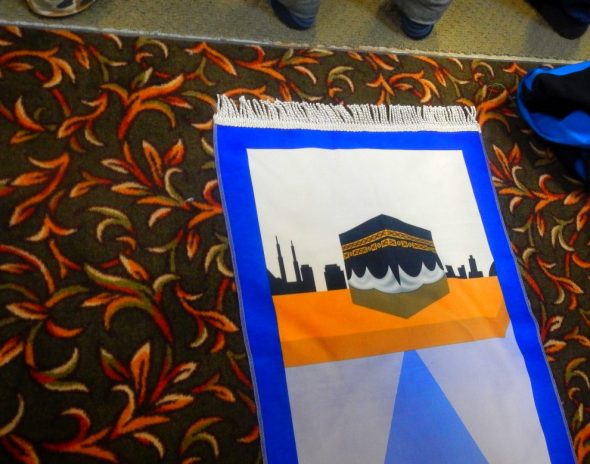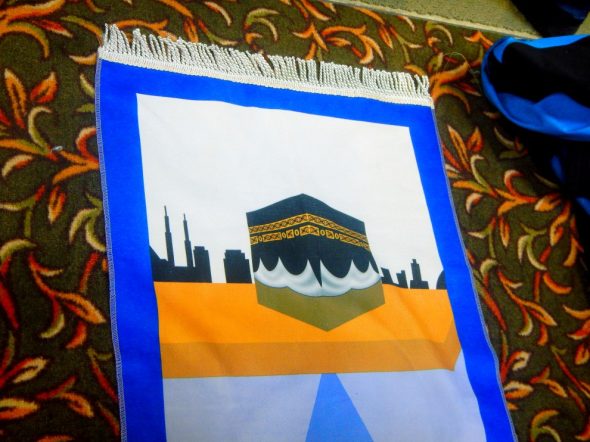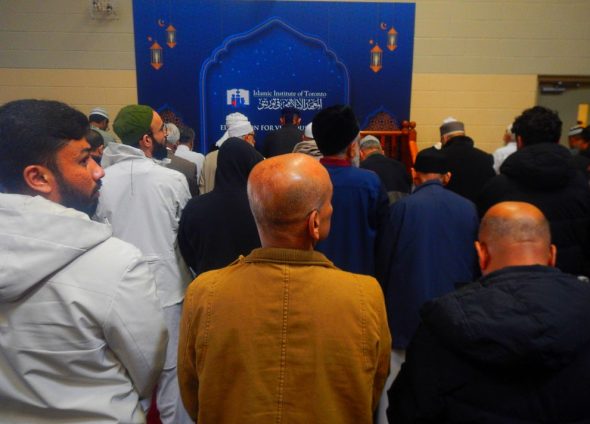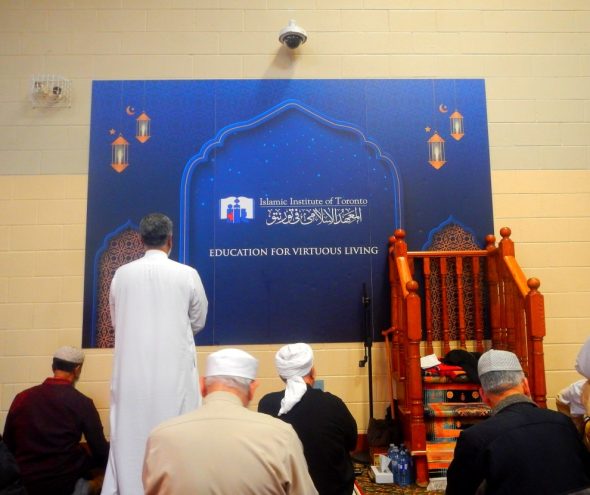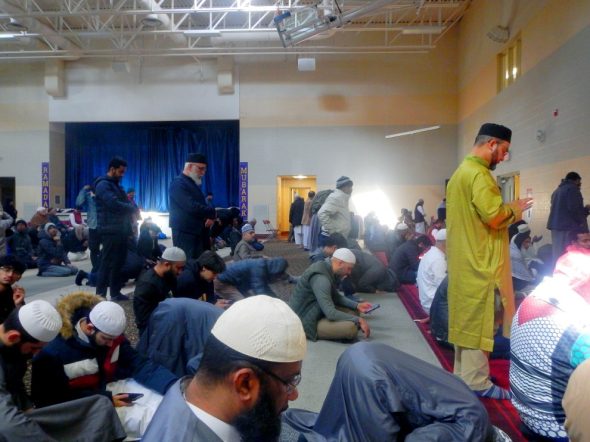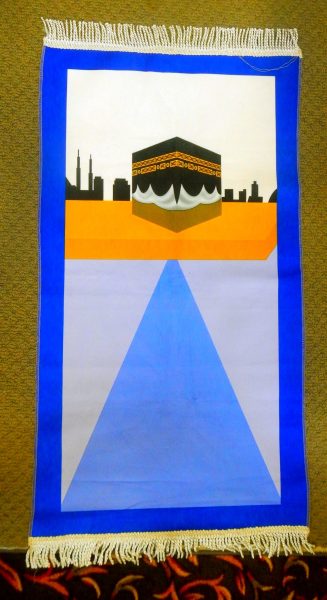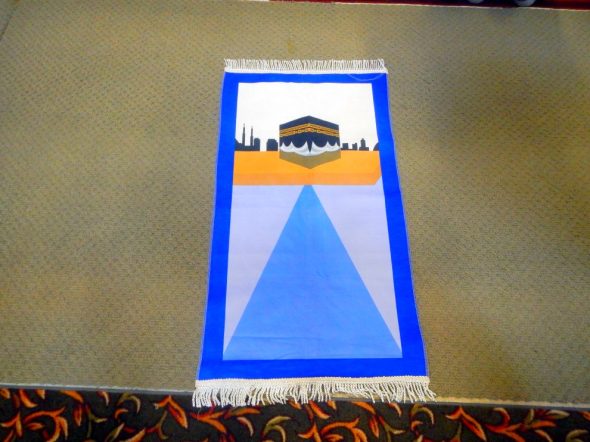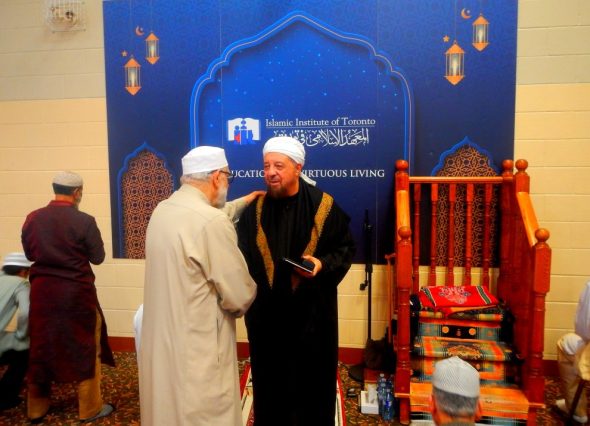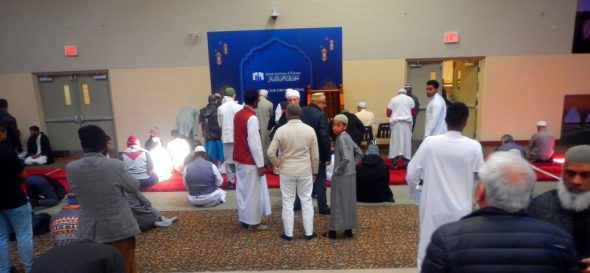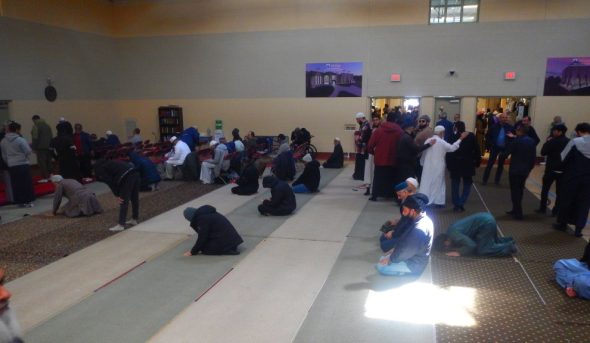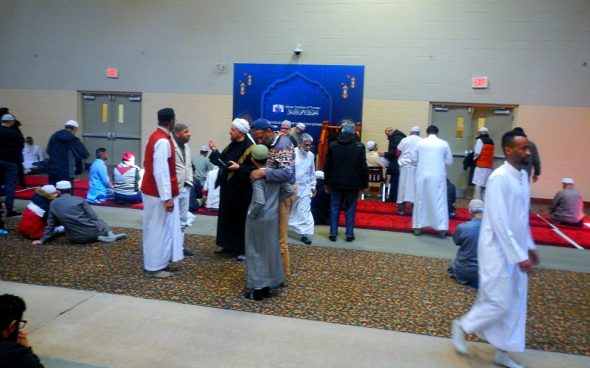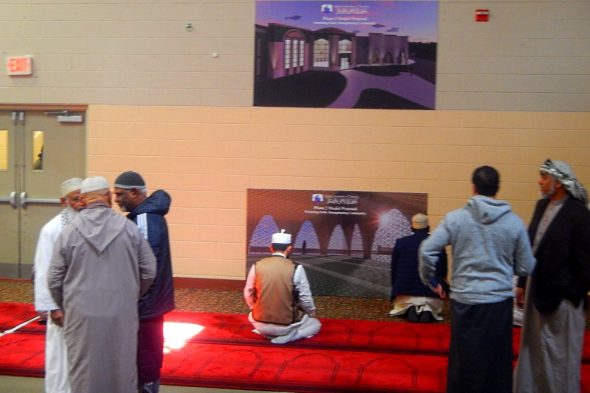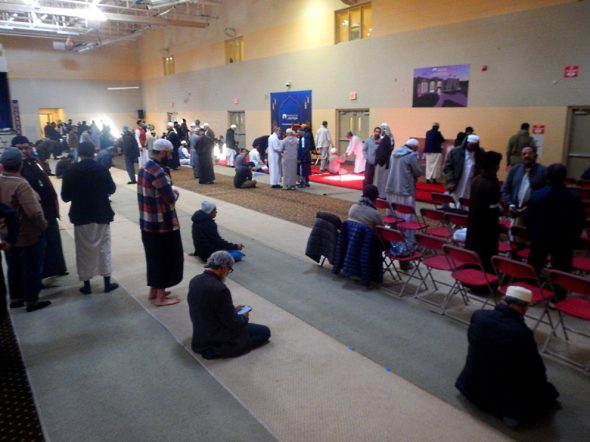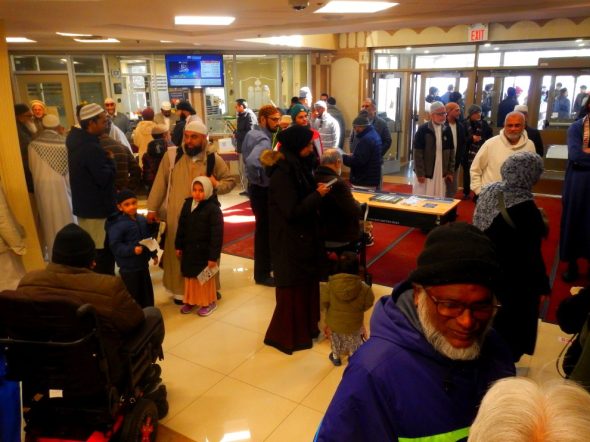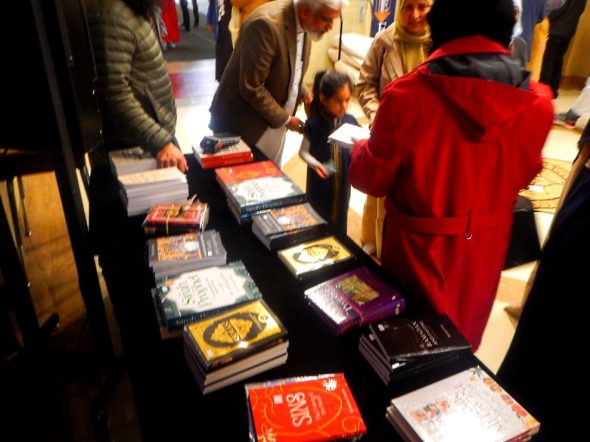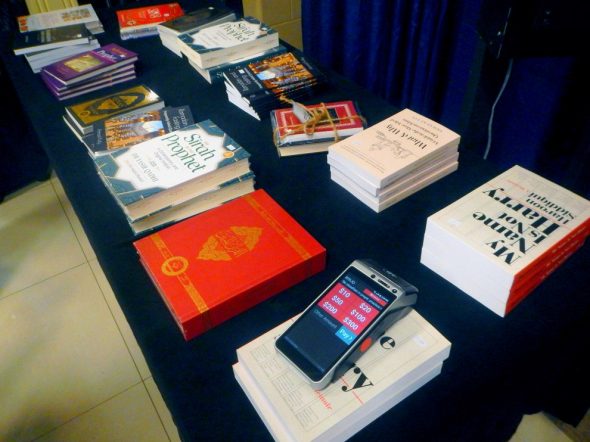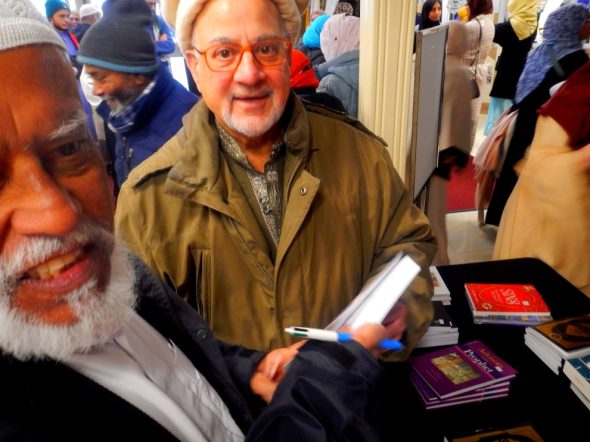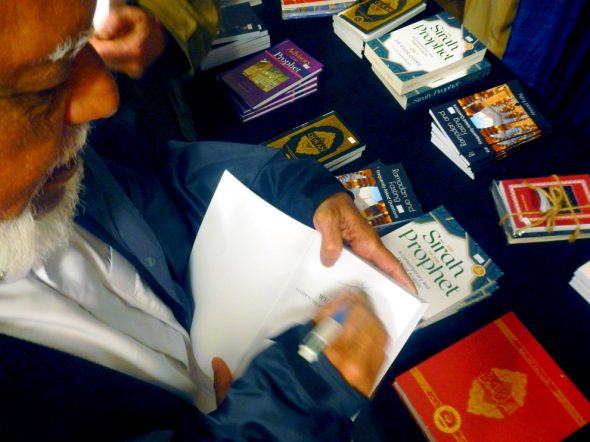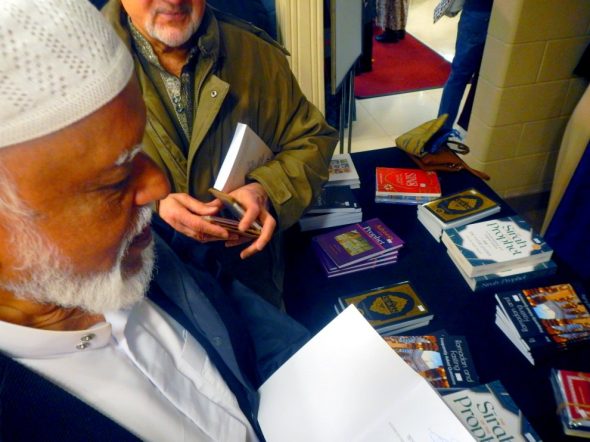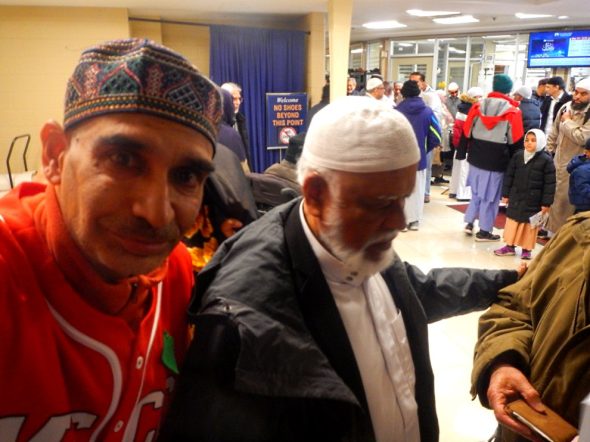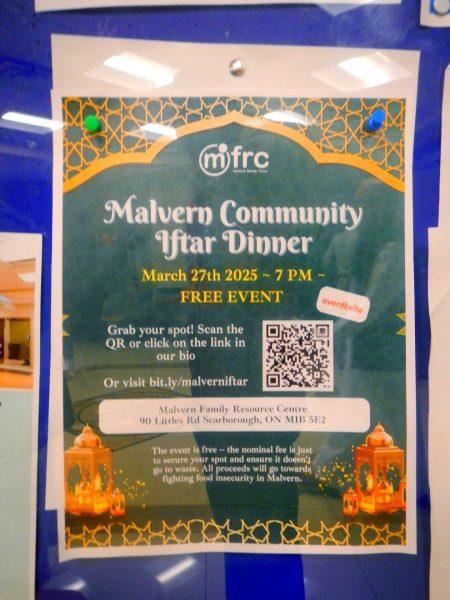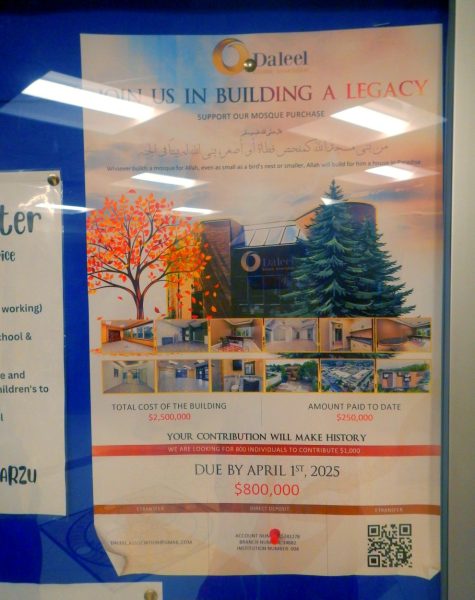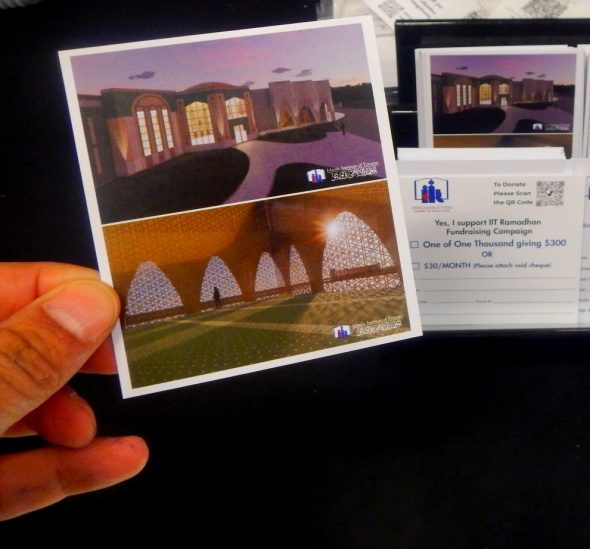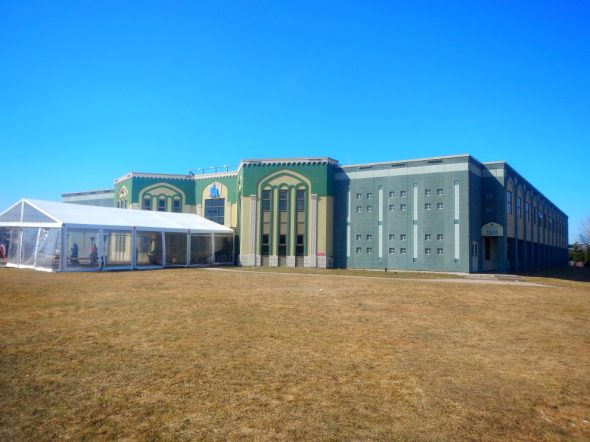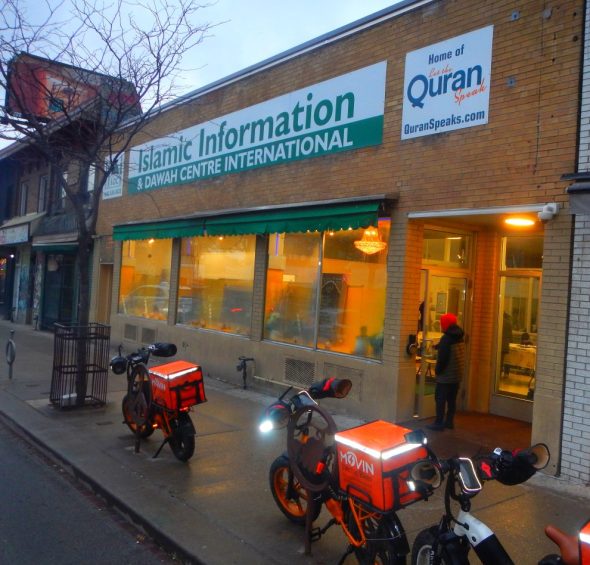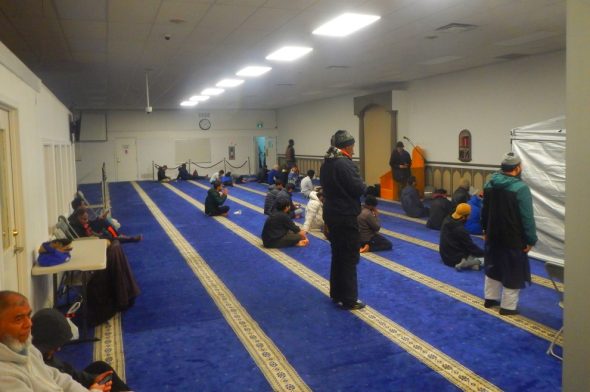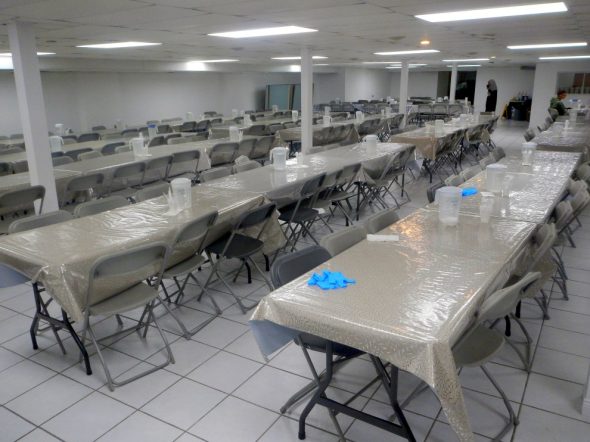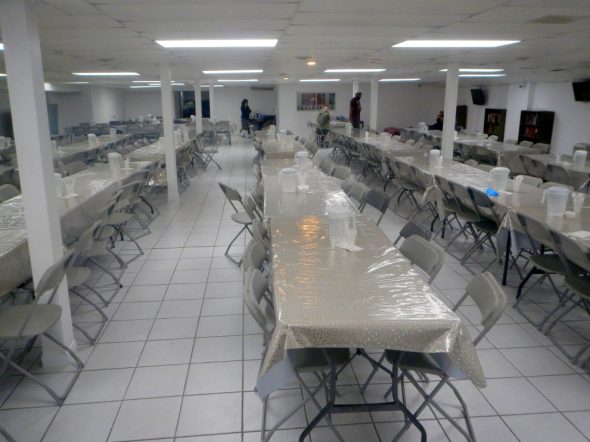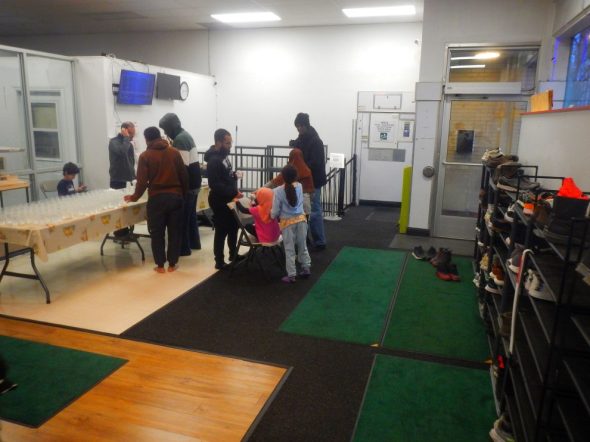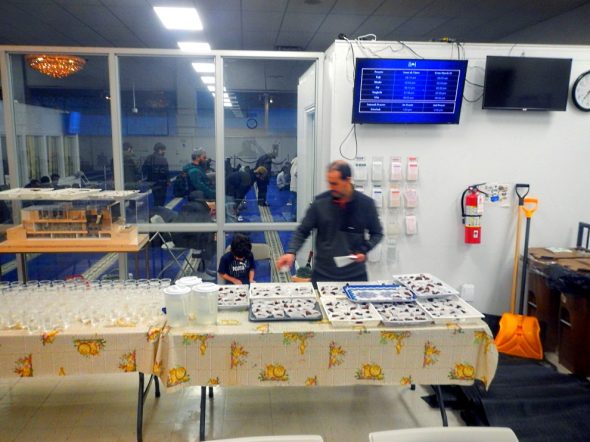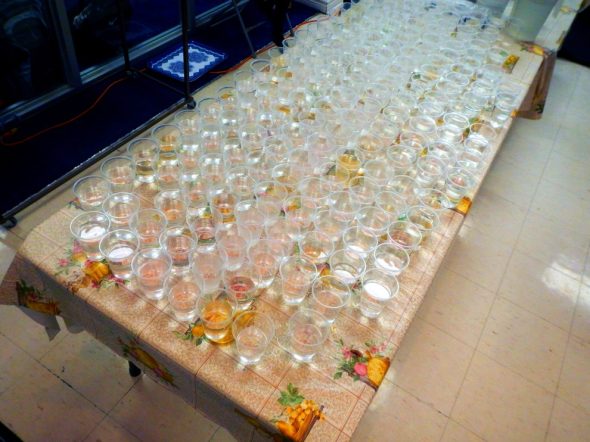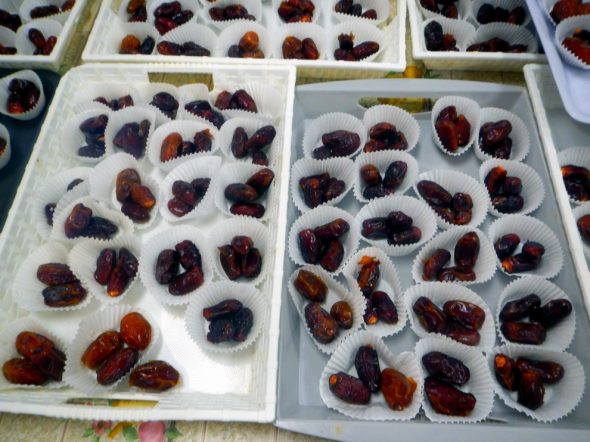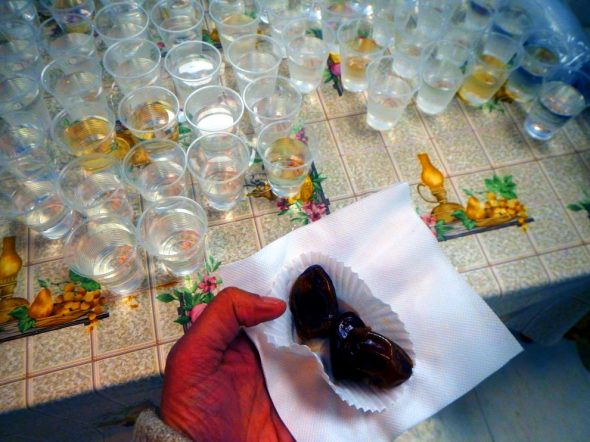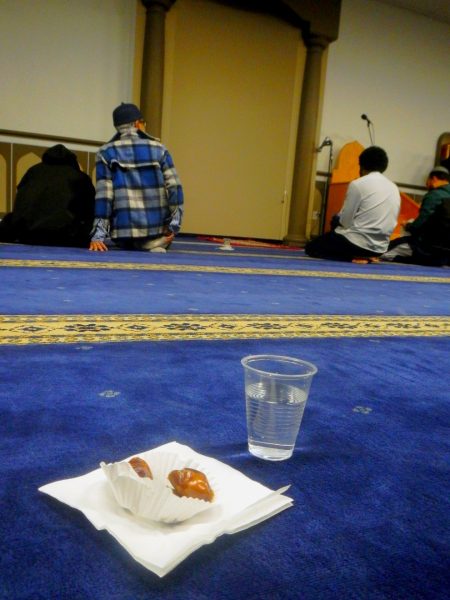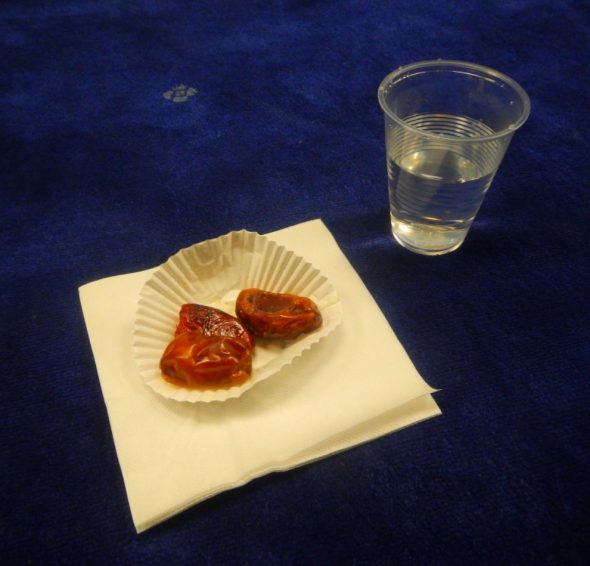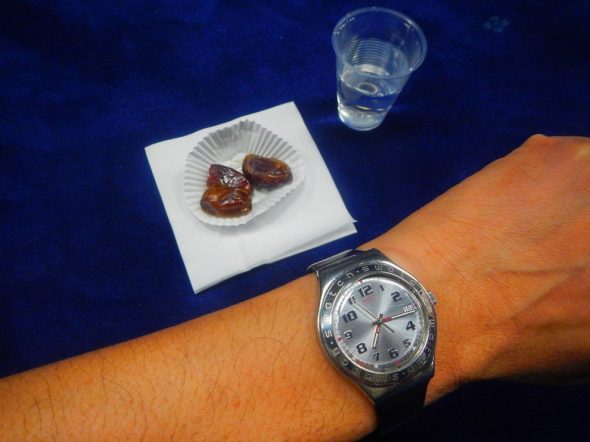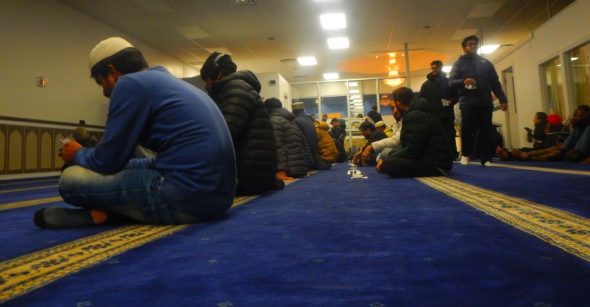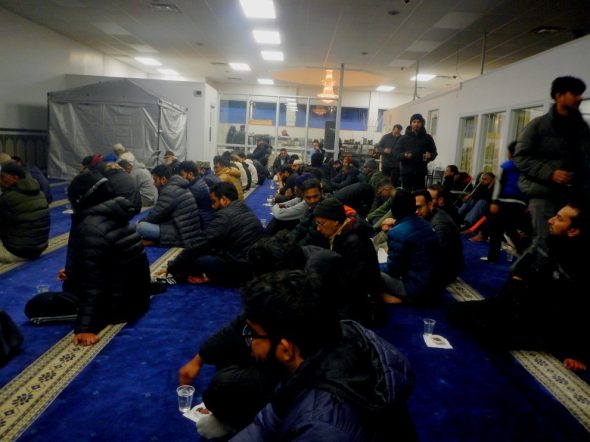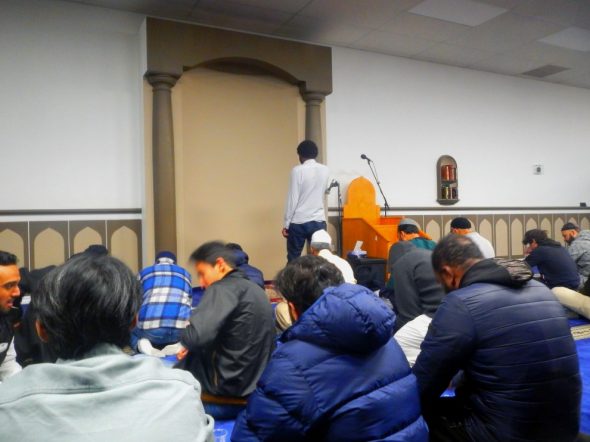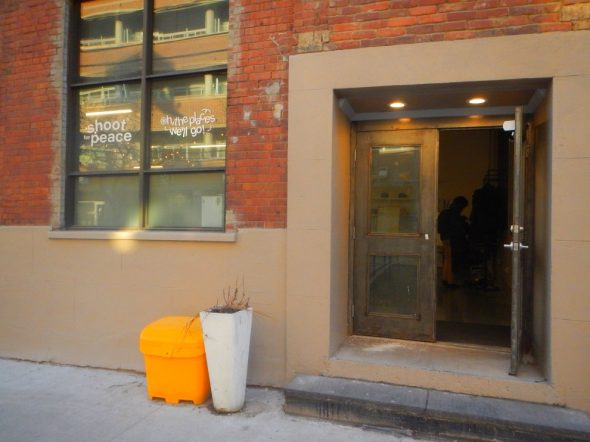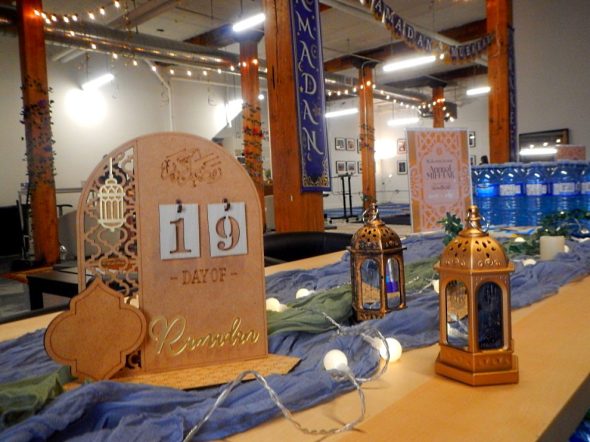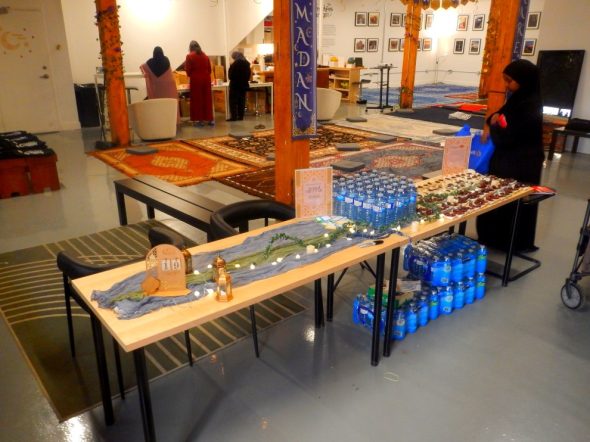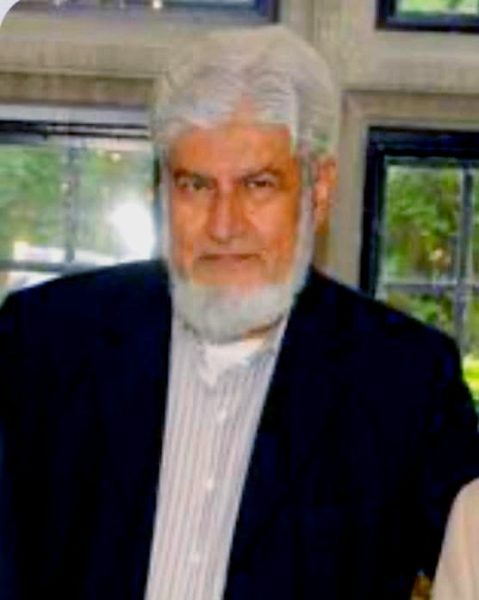
Guest Blog Post By Shaikh Ahmad Kutty
With deep sorrow and a profound sense of loss, I received the news of Dr. Rahmeth Shah Khan’s passing.
His departure came as a sudden shock, and it brought to mind the moment I first arrived in Toronto in 1972 to pursue my Master’s degree at the University of Toronto.
Just weeks after settling in, I found myself delivering Friday Jumuʿah sermons at Hart House, a responsibility I took on at the urging of my dear friend, Dr. Rahmeth Shah.
At the time, Rahmeth Shah was working at the university and had taken on the role of organizing the Jumuʿah prayers at Hart House.
Little did I know that this initial encounter would lay the foundation for a lasting and deeply cherished friendship.
Our bond grew stronger over the years as Rahmath Shah became an integral figure in the Muslim Students’ Association (MSA) and the broader Muslim community in the Greater Toronto Area (GTA).
His unwavering dedication to community service, from grassroots initiatives to organizational leadership, earned him the respect and admiration of all who knew him.
Rahmeth Shah was a constant presence at the Jami Mosque (also known as the Islamic Center of Toronto), which is often referred to as the “mother of mosques,” where I had the honour of serving as Imām on two separate occasions.
His commitment to the mosque’s spiritual and community activities was exemplary.
He was consistently engaged in organizing events, including coordinating the weekly ICNA ḥalāqahs at the Jāmi Mosque.
On numerous occasions, he would invite me to lead tafsīr lessons for the congregation.
His presence at the mosque was a pillar of support, and he was tireless in his efforts to foster unity and growth within the community.
Beyond the mosque, Rahmeth Shah was deeply involved in various key organizations within the Muslim community.
His contributions to the Muslim Students’ Association, the Islamic Circle of North America (ICNA), and the Islamic Foundation were immeasurable.
As the president of ICNA, he played an instrumental role in many initiatives aimed at strengthening the Muslim community, including the construction of the Al Falah Islamic Centre, in Oakville—a project that continues to serve as a lasting legacy to his vision and dedication.
Rahmeth Shah’s work extended to his role on the selection committee of the Islamic Foundation, where his leadership and insight were invaluable in guiding the foundation’s work.
He worked tirelessly, never missing an opportunity to contribute to the daʿwah efforts of the community, regardless of the challenges he faced.
His devotion to serving others was steadfast, and his humility was a defining feature of his character.
One of Dr. Rahmeth Shah Khan’s most significant contributions was the establishment of Jumuʿah prayers at Hart House at the University of Toronto more than 50 years ago.
This was a groundbreaking initiative that provided a space for Muslims from various backgrounds to come together in worship and community.
The tradition he started has continued to this day, benefiting generations of Muslim students and serving as a testament to his foresight and dedication.
Despite facing physical challenges, Rahmeth Shah never allowed them to hinder his commitment to his faith and community.
He continued to attend Jumuʿah prayers and actively participate in community events at both the Islamic Foundation and IIT.
I will forever remember the times after I delivered khutbahs at the Foundation or IIT, when Rahmath Shah would approach me with kind words of encouragement and thoughtful compliments that always left a lasting impression.
With his passing, the Muslim community has lost a true pioneer—an individual whose life was marked by humility, sincerity, and tireless service.
Dr. Rahmeth Shah Khan was not someone who sought recognition or attention; instead, he dedicated himself to quiet, impactful work that left a profound and lasting mark on the community.
His legacy will live on in the countless lives he touched, the projects he helped build, and the ideals he instilled in all of us.
Dr. Rahmeth Shah Khan leaves behind his beloved wife, Nazia Khan, and their five children: Dr. Bilal, Omer, and Usamah Shah Khan, and daughters Safia and Aminah Khan, as well as nineteen grandchildren.
His loss leaves an undeniable void, but his memory and the impact of his work will continue to inspire all who had the privilege of knowing him.
May Allāh (SWT) grant him the highest place in Jannah, and may He bring comfort to his family during this difficult time. Āmīn.
* * *
“إِنَّا لِلّهِ وَإِنَّـا إِلَيْهِ رَاجِعُونَ
Dr. Rahmeth Shah Khan
It is with profound sadness that we announce the passing of Dr. Rahmeth Shah Khan.
Dr Rahmeth Shah Khan was a pioneer in the Muslim community.
He moved to Canada in 1967.
He received his PhD from the University of Toronto.
He was one of the founders of MSA and ICNA.
He was very active with the U of T Muslim Community, SISO Islamic School, and Islamic Foundation Majlis in the nineties.
He established Jumah prayer at Hart House at the University of Toronto over 50 years ago, which continues to this day.
Dr. Rahmeth Shah Khan was a regular attendee for Jumuah and other prayers at IIT.
He leaves behind his wife, 5 children and 19 grandchildren.
Janazah will be at Islamic Foundation of Toronto on Saturday, April 5th after the Zuhr prayer (1:30 PM) and the burial will be at Toronto Muslim Cemetery ( 13076 Leslie Street, Richmond Hill )
May Allah forgive him, have mercy on him and admit him to the gardens of paradise.
May Allah grant his family and relatives patience and comfort at this time of grief.
Ameen!”
— Islamic Institute of Toronto (IIT)
“Personally, I’ve rarely meet such an even-keeled brother.
“Alhamdulillah, no matter how much at times Masjid or external issues may have caused friction within our community, mash’allah, he always maintained his balance.
“May may his good deeds and forbearance be rewarded with him residing in highest heights in Jannah, insha’allah.”
— Anwaar Syed
“This is such an immense loss felt deeply by so many of us.
“May Allah raise his ranks in the Akhira to highest abodes of Jannatul Firdous.
“He is a legend who will never be forgotten and so dearly missed.
“May Allah shower the family and our community with mercy and comfort in the wake of this loss.
“Ameen to every dua made for uncle and his family, and may his beautiful efforts, contributions and character weigh heavy in his books.
“Sending much love to the whole Khan family ❤️”
— Fariha Khan
“Inna lillah wa inna ilayhe rajaoon..
“May Allah Subhana wa taala bless this soul and give him much peace in his grave and a noble mansion in jennatul firdaus in a high rank where he will dwell in comfort beauty and peace forever.
“May Allah Subhana wa taala reward you brother for all the contributions you have made to our community.
“May Allah bless you.
“Ameen”
— Salwa Abdul Razzak
“Inna lilahi wa Inna illayhi ra’jioon.
“May Allah elevate his rank in Jannah, Aameen.
“May He expand his grave and may his deeds stand as witness for him, Aameen.
“May Allah give his family and friends strength during this difficult time, Aameen.
“My condolences to his family and friends.”
— Shabina Mohe
“Inna lillahé wa inna ilayhé rajioon, may Allah be pleased with him.
“What a wonderful legacy to leave behind.
“May Allah grant sabr and magfirah to his family.”
— Tanjila Rahman
“Inna lillahi wa inna ilayhi raji’un
“Indeed we belong to Allāh, and indeed to Him we will return
“O Allah, forgive him, raise his rank among those who are guided, and take care of those he leaves behind him. Forgive us and him, O Lord of the worlds; expand his grave for him and illuminate it for him.
اللَّهُمَّ اغْفِرْ لَهُ ، وَارْفَعْ دَرَجَتَهُ فِي الْمَهْدِيِّينَ ، وَاخْلُفْهُ فِي عَقِبِهِ فِي الْغَابِرِينَ ، وَاغْفِرْ لَنَا وَلَهُ يَا رَبَّ الْعَالَمِينَ ، وَافْسَحْ لَهُ فِي قَبْرِهِ ، وَنَوِّرْ لَهُ فِيهِ
— Rafique Memon


